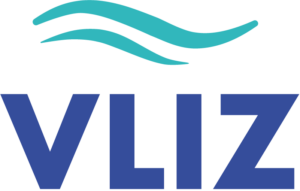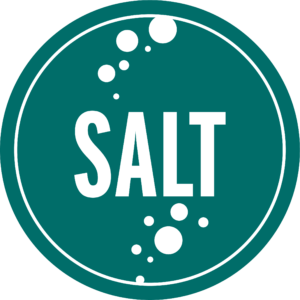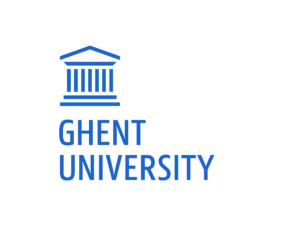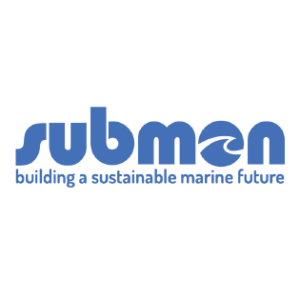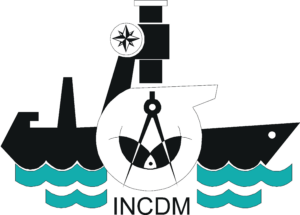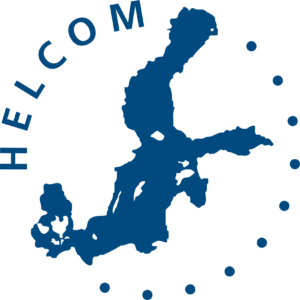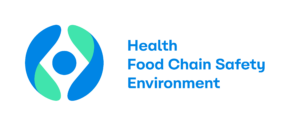Blue Connect has a total of 18 full partners, 4 associated partners and 3 affiliated entities distributed across of all European sea basins, a very well thought consortium that will allow, among other things, to provide solutions co-developed and validated in the 12 demonstration sites across Europe and beyond.

Read about Blue Connect's partners below
SUBMARINER Network
SUBMARINER NETWORK – Germany
The SUBMARINER Network for Blue Growth promotes sustainable and innovative uses of marine resources. The network is a hub for projects, initiatives and activities at all levels.
SUBMARINER offers a cooperation platform to related actors and initiatives in the Baltic Sea Region with the aim to turn the Baltic Sea Region into a model region for sustainable blue bio-based innovations and smart combinations. The Submariner Network acts as an umbrella organisation and initiates partnerships and the project development; it brings together a unique variety of institutions representing national and regional authorities, research institutions, business associations and consulting companies from all Baltic Sea Region countries all involved in promoting combined and sustainable blue economy solutions.
In Blue Connect, SUBMARINER is coordinating the project and leading the WP on Communication, Dissemination and Exploitation, as well as getting involved in tasks for other WPs.
PEOPLE

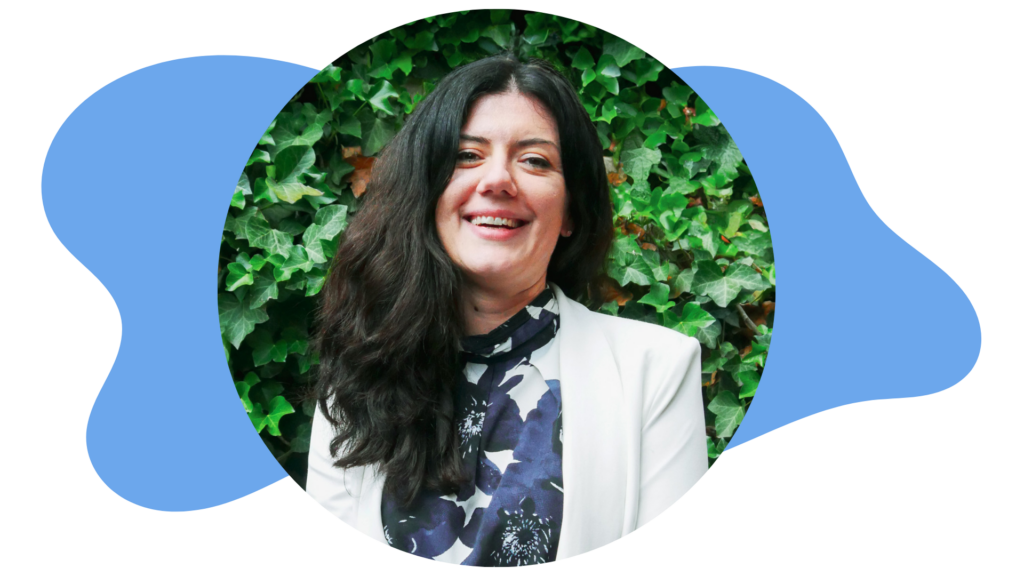
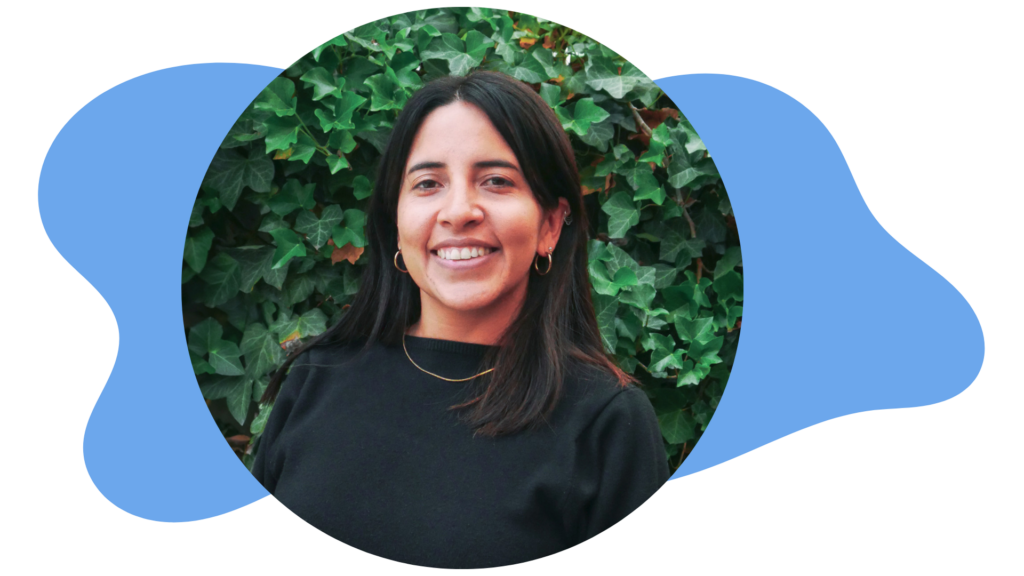
Blue Connect Coordination
Natascha Jaspert
nj@submariner-network.eu
Blue Connect Lead
Ivana Stojanovic
is@submariner-network.eu
Blue Connect Communications
Mariana Mata Lara
mml@submariner-network.eu
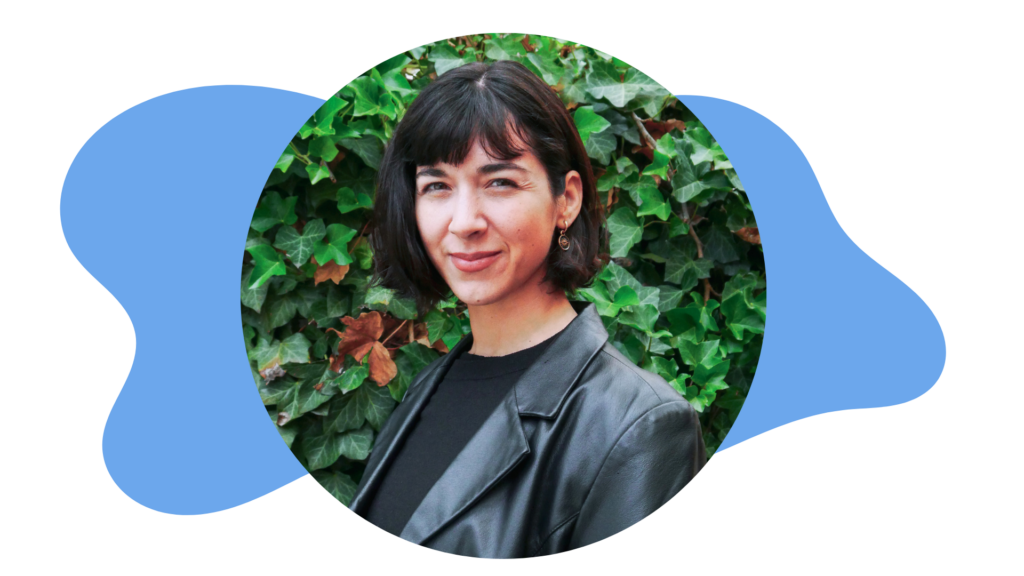
Blue Connect Coordination
Mercedes Ribera Wansart
(Maternity leave)
mrw@submariner-network.eu
VLIZ
Flanders Marine Institute (VLIZ) – Belgium
Flanders Marine Institute (VLIZ) promotes marine knowledge creation and excellence through interdisciplinary research about the ocean, seas, coast and tidal estuaries. This is done in close collaboration with other (marine) research groups, citizens, policy makers and industrial partners in Flanders, Belgium, and through international collaboration. VLIZ has extensive experience in developing products and knowledge relevant to the MSP4BIO project, such as biodiversity data collection by the Marine Observation Centre, data management and the development of geographic data systems by the VLIZ Marine Data Centre, and engagement at the science-policy-industry interface by the Policy and Innovation division.
In the BLUE CONNECT project, VLIZ will be responsible for the data management (VLIZ Marine Data Centre), coordinating the exchange of information from the Demo Sites to the partners developing solutions (Policy Information Division), and for developing innovative monitoring techniques (Marine Observation Centre and the Marine Robotics Centre) to support oyster reef restoration and assess its ecological impact. VLIZ is also a partner for the Belgian Demo Site which is led by Ghent University.
PEOPLE
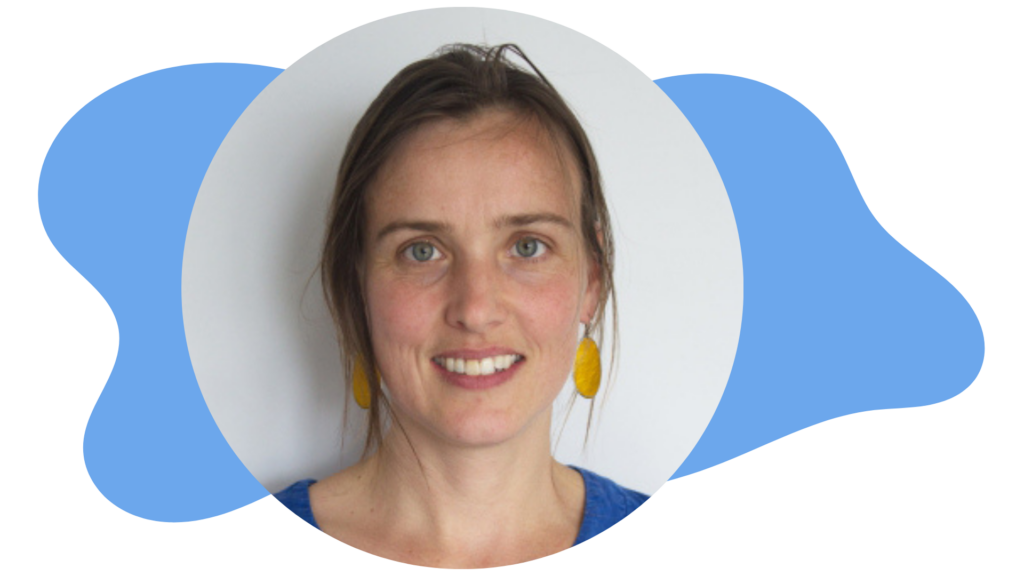
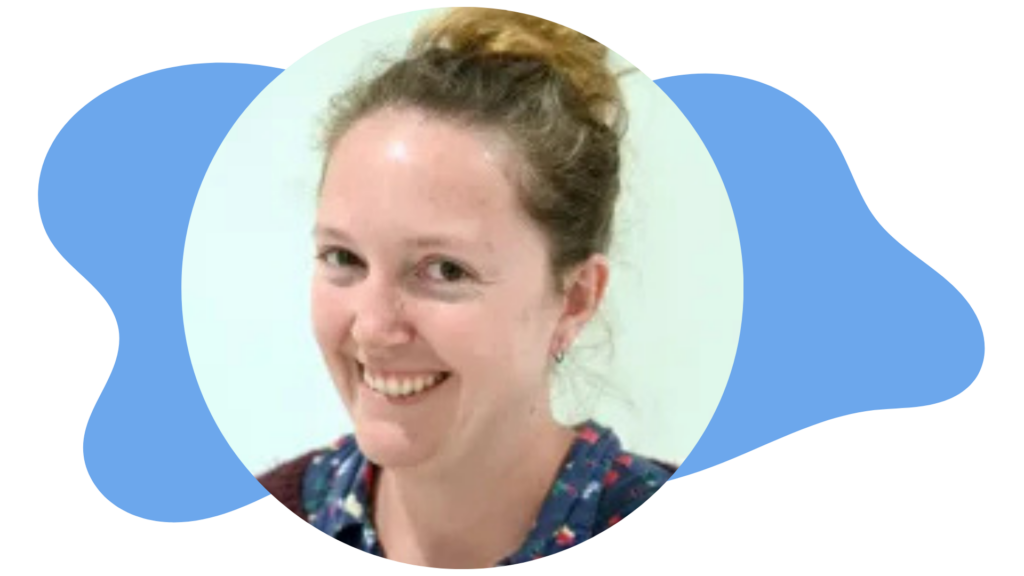
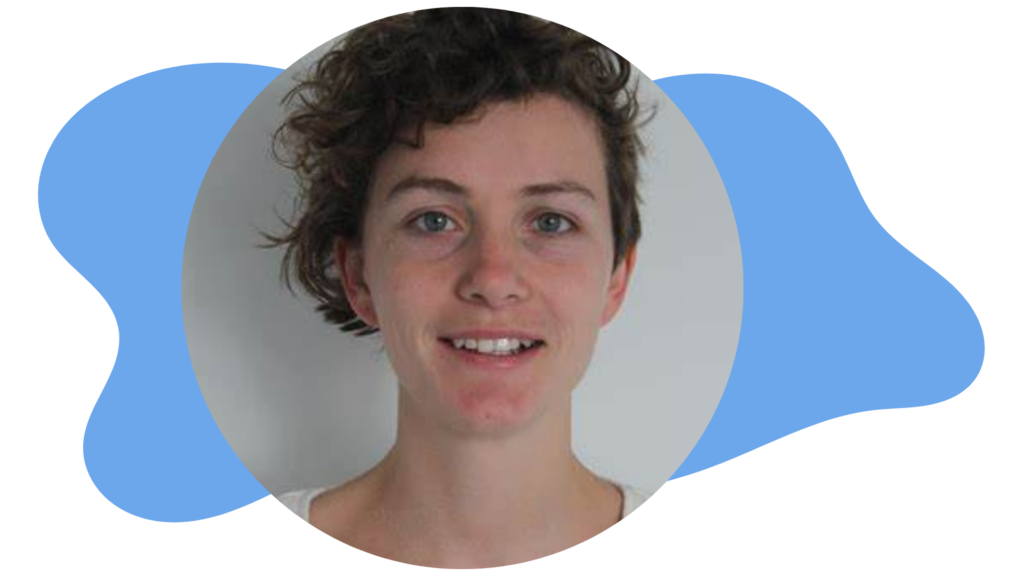
Fien De Raedemaecker
Co-lead T4.1
Inne Withouck
Co-lead T4.1
Elisabeth Debusschere
Lead T5.2
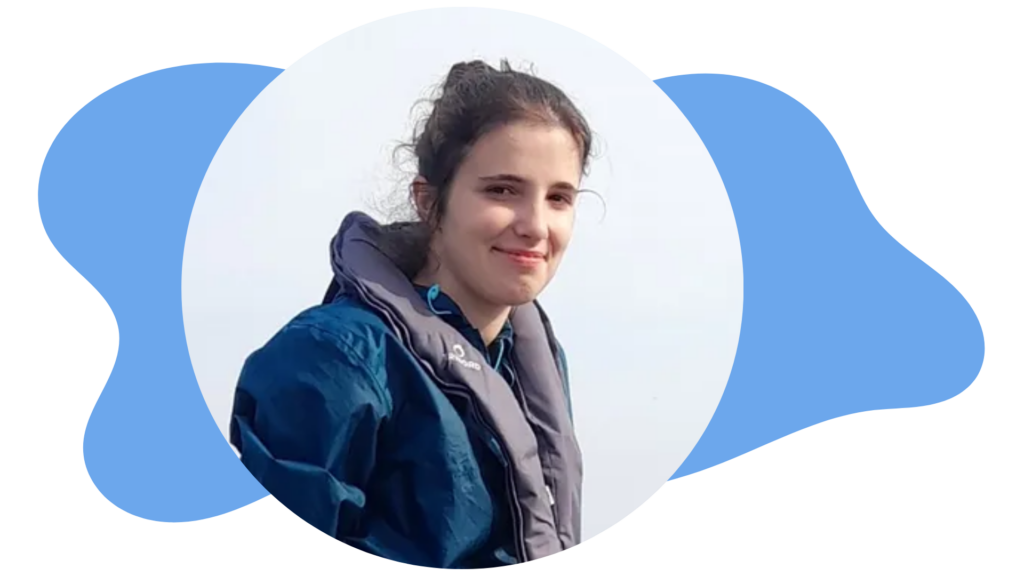
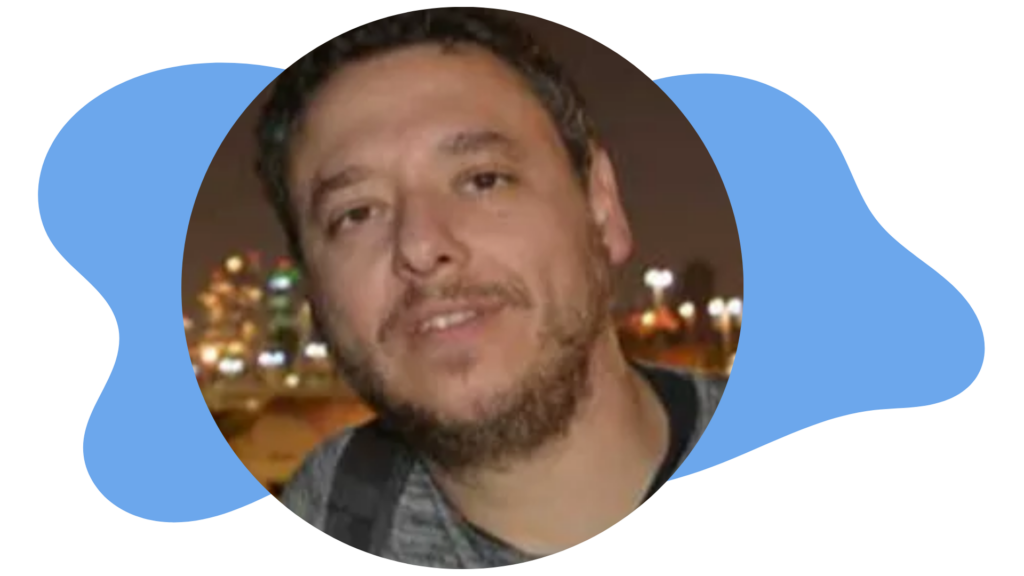
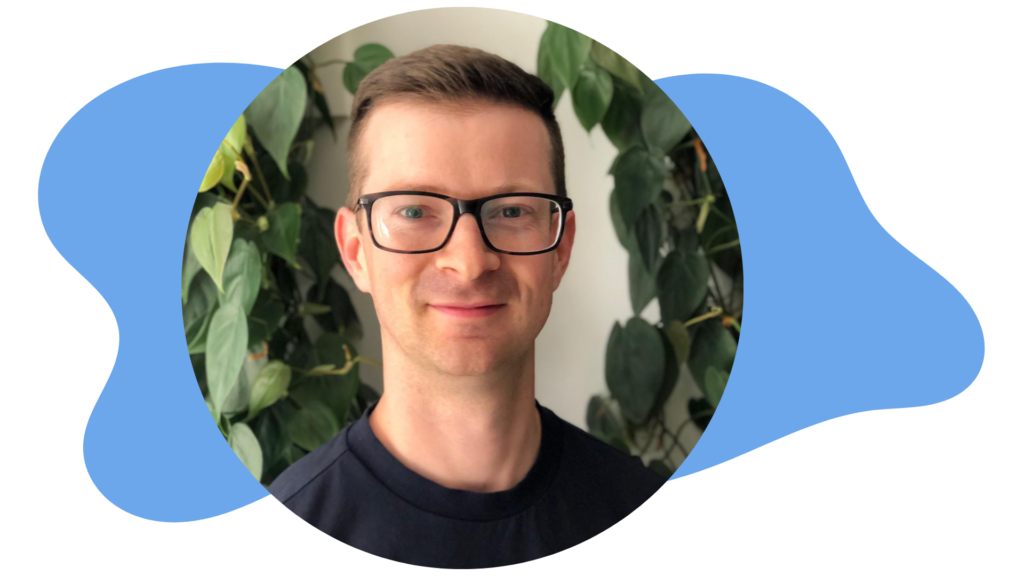
Rita Novo
T5.2
Leandro Ponsoni
T5.2
Lawrence Whatley
Data management
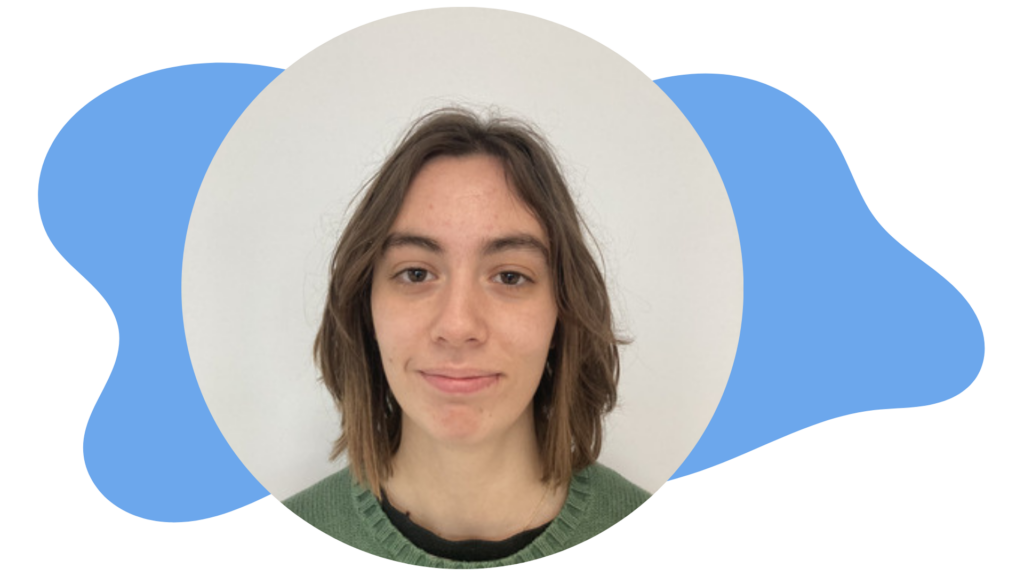
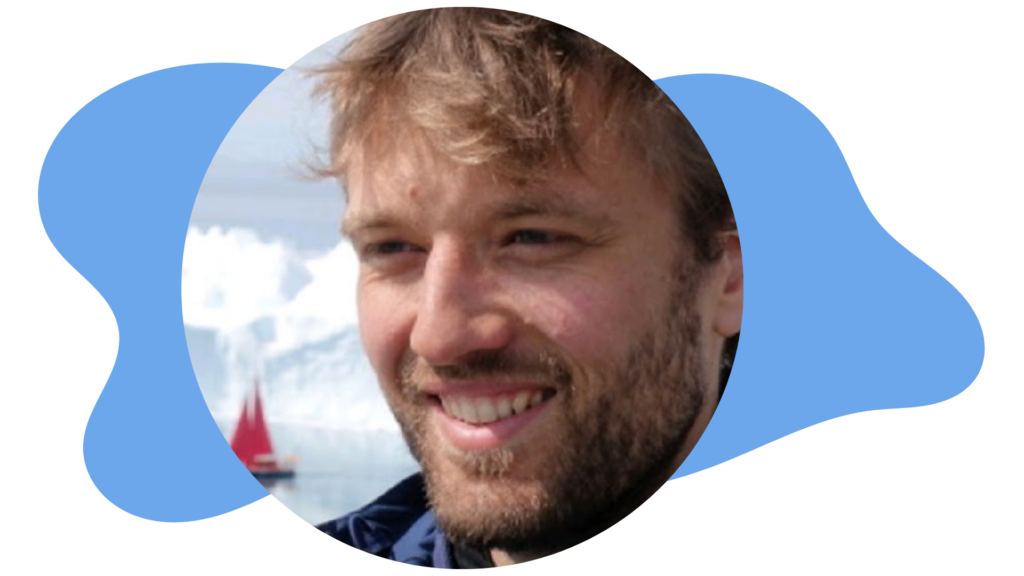
Julia Aubach
T5.2
Wieter Boone
T5.2
RBINS
Natural Sciences – Belgium
The Institute of Natural Sciences (RBINS) is a Belgian Federal Scientific Institute developing science-based activities and coordinating the national monitoring of the marine environment and human activities in support of national and international policy in a wide range of areas. We provide scientific advice to national, regional sea and the EU level decision-making processes. Areas of expertise include biology, ecology, sedimentology and nature and biodiversity conservation, but also mathematical modelling of marine processes, remote sensing, and aerial surveillance. The Marine Ecology and Management team (MARECO) led by Steven Degraer has specific expertise on marine conservation, marine mammals and seabirds, benthic fauna, invasive species, and underwater sound, embedded in an ecosystem management context. We are also the coordinator of the BLUE4ALL project.
RBINS is leading WP3 and contributing to all other WPs.
PEOPLE
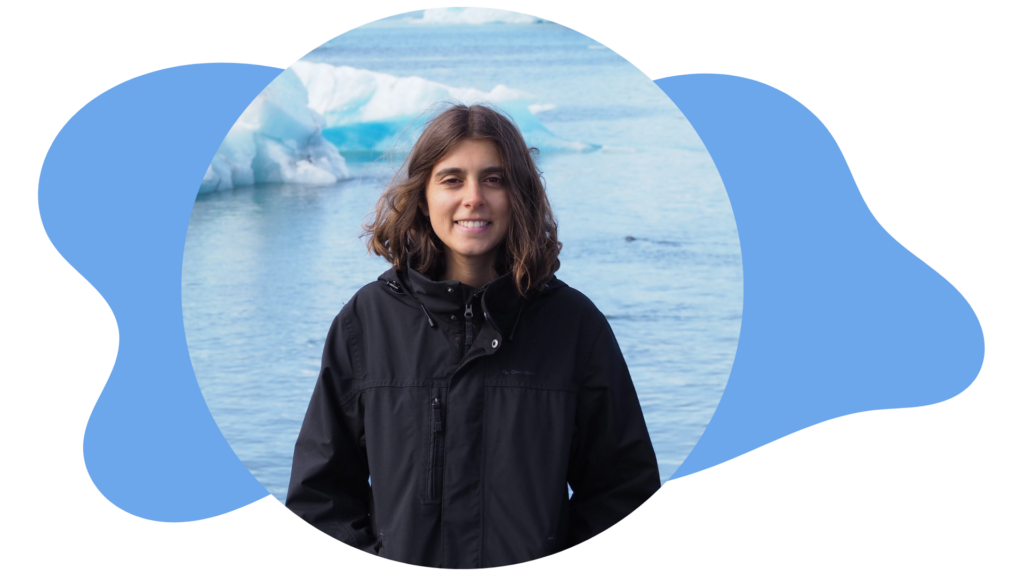
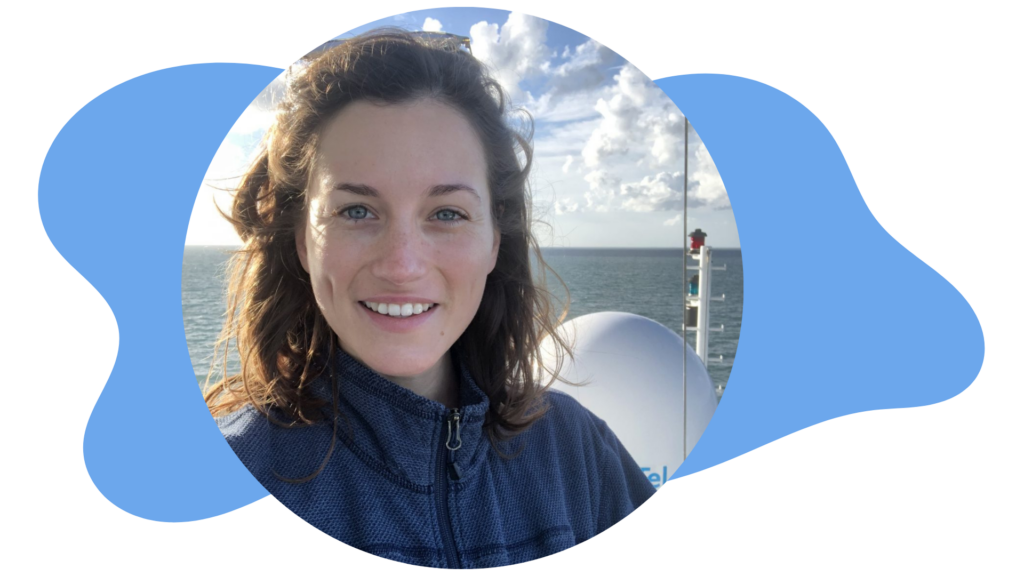
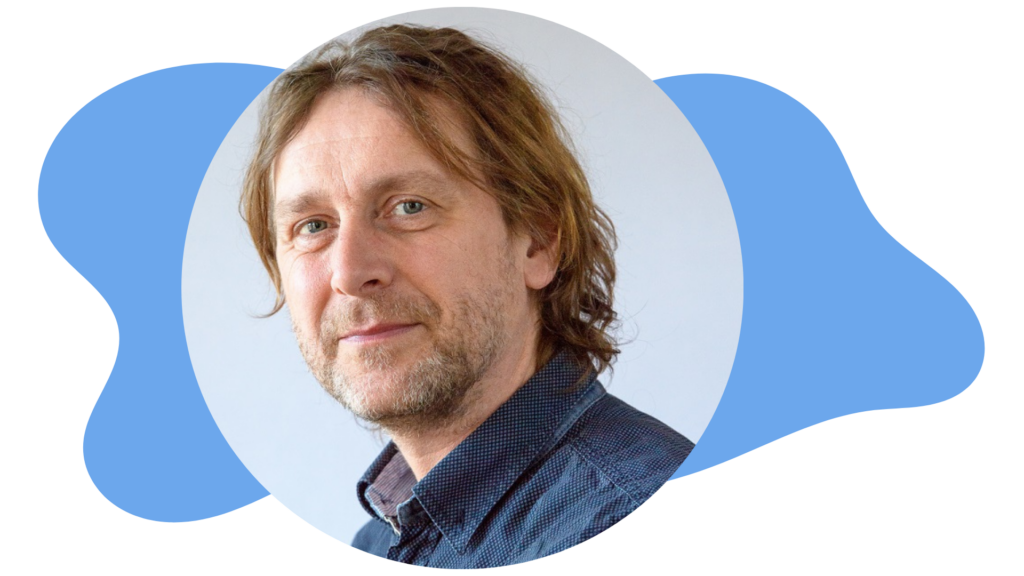
Rita Trabulo
Project co-lead
Annaïk van Gerven
Project co-lead
Steven Degraer
WP3 Lead
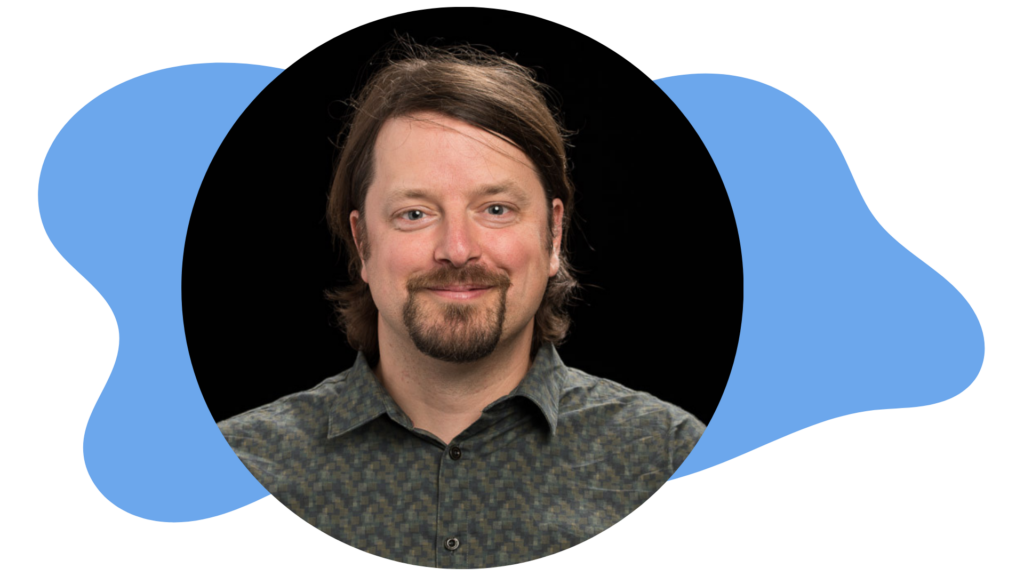
Bob Rumes
WP1 Lead for RBINS
CCMS
Center for Coastal and Marine Studies (CCMS) – Bulgaria
CCMS is a research foundation with the fundamental goal to develop and promote science, research, knowledge transfer and innovation technologies in the Black Sea and the World Ocean by bringing together science, expertise, stakeholders and policy making. CCMS activities comprise a vast range of coastal and marine research, with a mission to study and protect geodiversity and biodiversity, as well as support to the implementation of the EU coastal and maritime strategies by developing scientific basis and providing expertise, project development, knowledge transfer, networking and consultancy. CCMS is closely collaborating with the national MPAs and MSP authorities under the EMFAF projects MARSPLAN-BS II and MSP-GREEN, and the Horizon Europe MSP4BIO project.
In BLUE CONNECT CCMS is leader of WP4 Showcasing effective co-ownership and co-management: engaging stakeholders and citizens. CCMS also leads two important tasks on the uptake of effective co-management and co-ownership actions and lessons learnt on monitoring and evaluating conservation effectiveness with replication potential, and CCMS is a co-leader of the Bulgarian Demonstration site (Burgas Bay) together with BBF. CCMS takes also active participation to all other Work packages and tasks.
PEOPLE
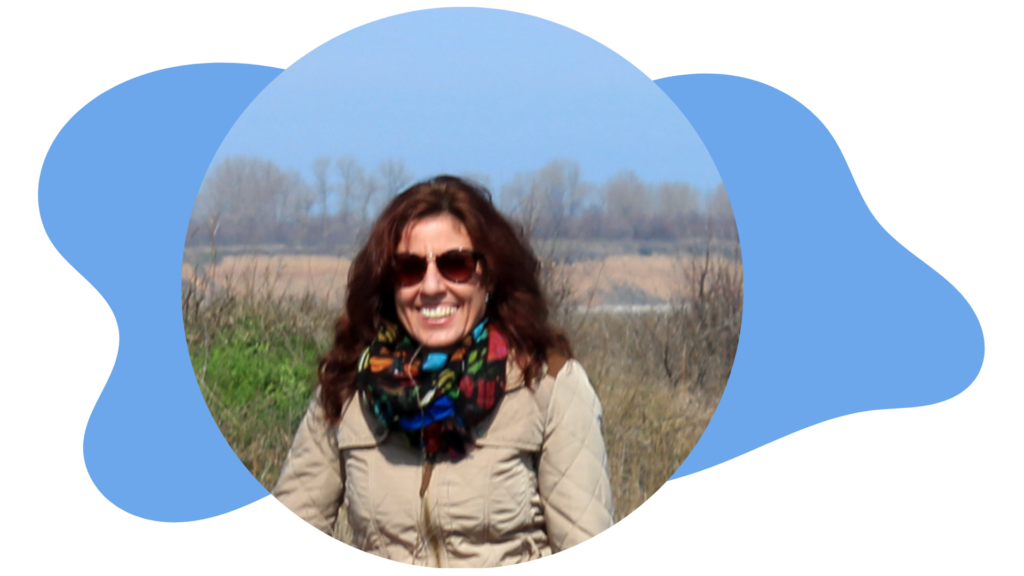
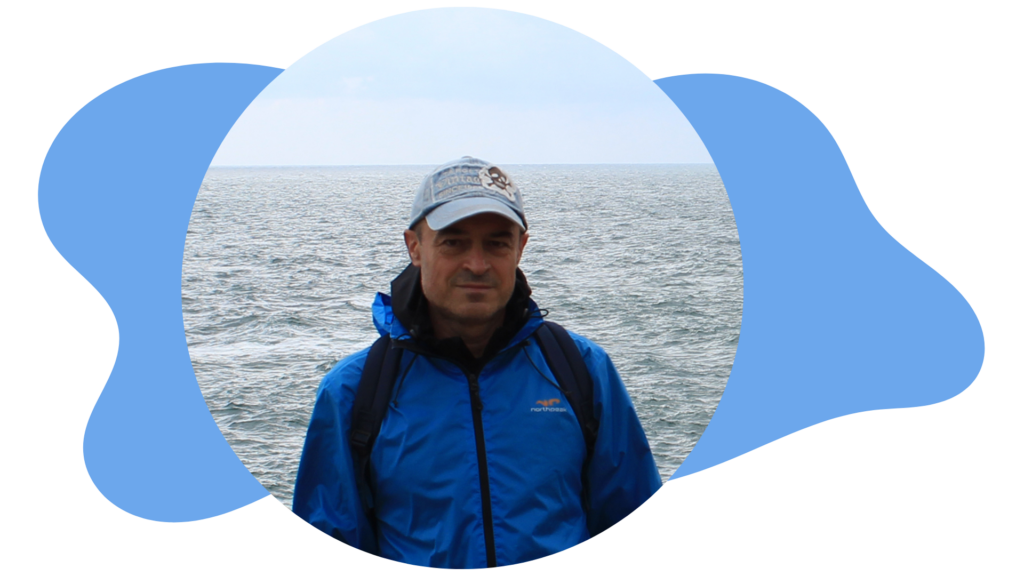

Margarita Stancheva
WP4 Lead, T5.4 Lead
Project lead for CCMS
Hristo Stanchev
GIS/Data base (WP2, 3, 4, 5 and 6, co-lead of Demo site)
Arman Sarkisyan
WP2, 3, 4, 5 and 6, involved in Demo site
SALT
SALT Lofoten – Norway
SALT is an independent research and advisory company specialised in marine pollution, marine management, and coastal development. With specific competence in marine biology, sustainability, law, economics, social sciences and entrepreneurship, they deliver services within research, consultancy and outreach. Their mission is to contribute to sustainable oceans and proactive coastal development.
Their head ofiice is in Lofoten, north of the Artic circle, but they have offices in several other Norwegian coastal towns, including Arendal, one of the three Raet National Park municipalities.
SALT’s role in BLUE CONNECT is mainly twofold and closely connected to the work with Demonstration Sites. On one hand SALT will support all Demonstration Sites through the establishment and chairing of the Demonstration Sites Board, and, supporting site specific communication, awareness and impact generation. On the other, SALT, in close collaboration with NIVA, will work intensively in Raet National Park rolling out the tools developed throughout the project to support further co-ownership and effective management towards better protection of Raet’s ecosystems. SALT will also support validating the framework developed for the co-definition of site-specific conservation objectives in selected Demonstration Sites.
PEOPLE
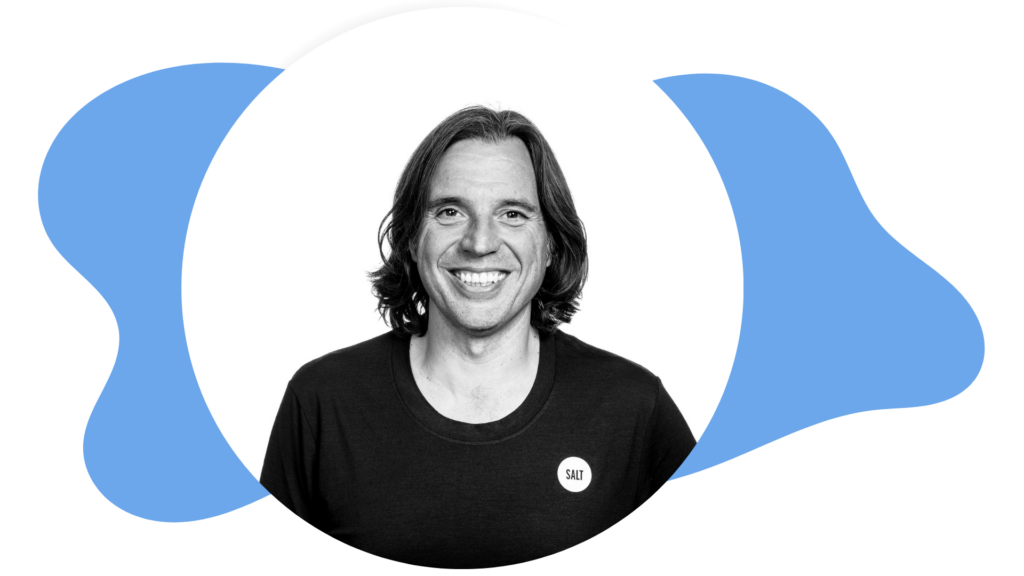
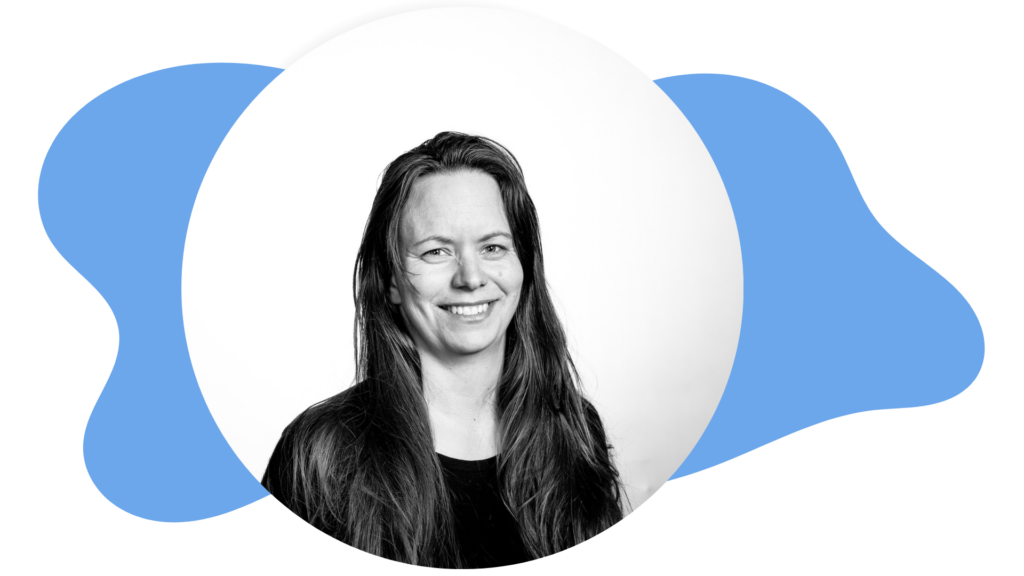
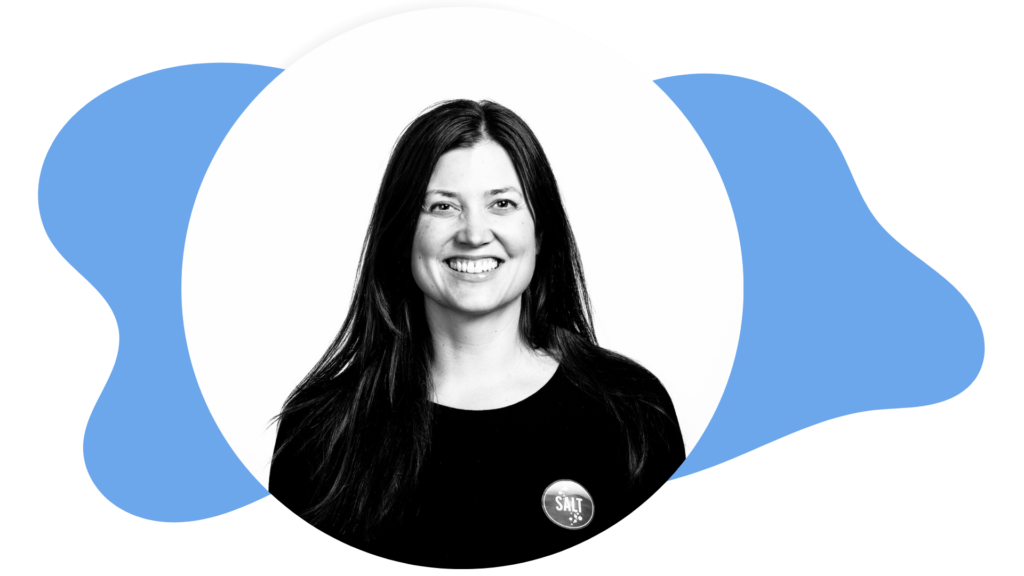
Joan Fabres
Lead, WP1 & WP7
Marthe Larsen Harr
WP2 & WP5
Guri Hjallen Eriksen
WP3
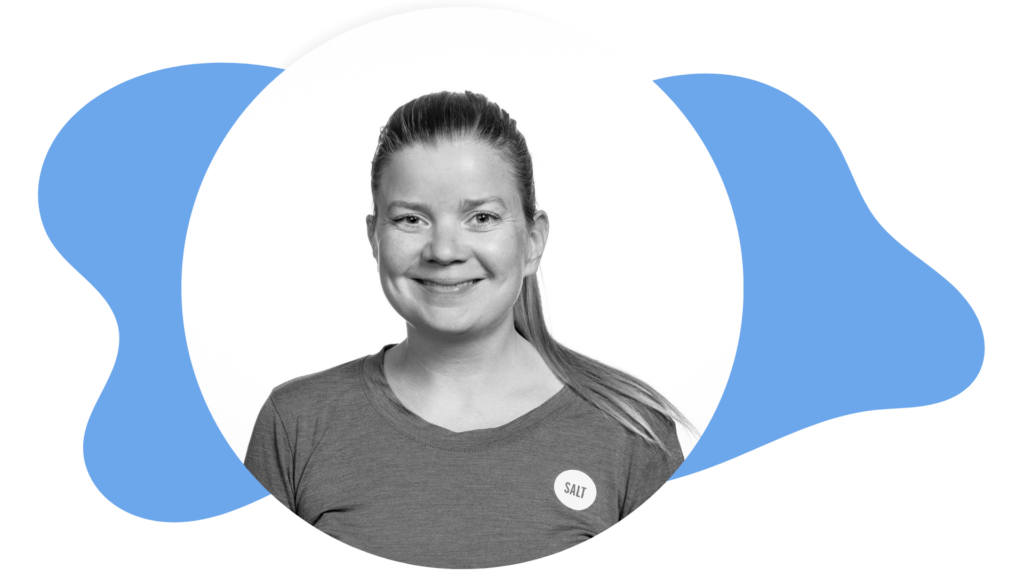
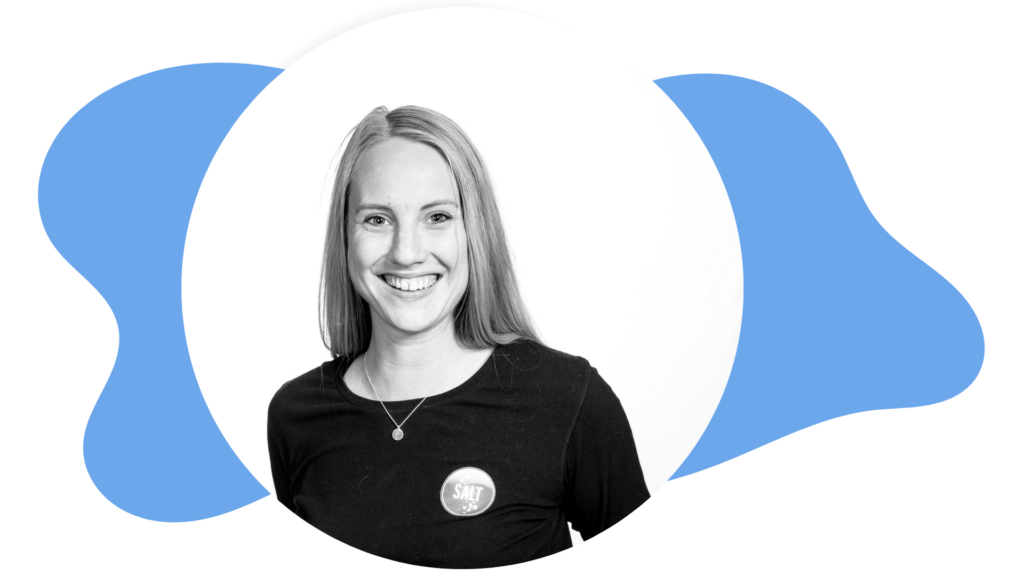
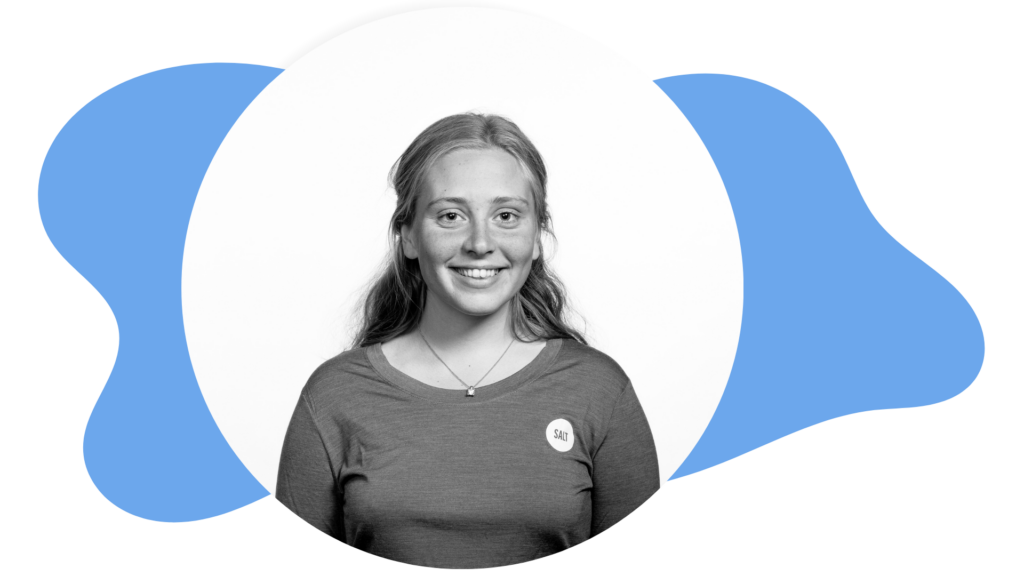
Tale Skrove
WP3
Malin Jacob
WP4
Helene Skjeie Thorstensen
WP5, WP4, & WP2
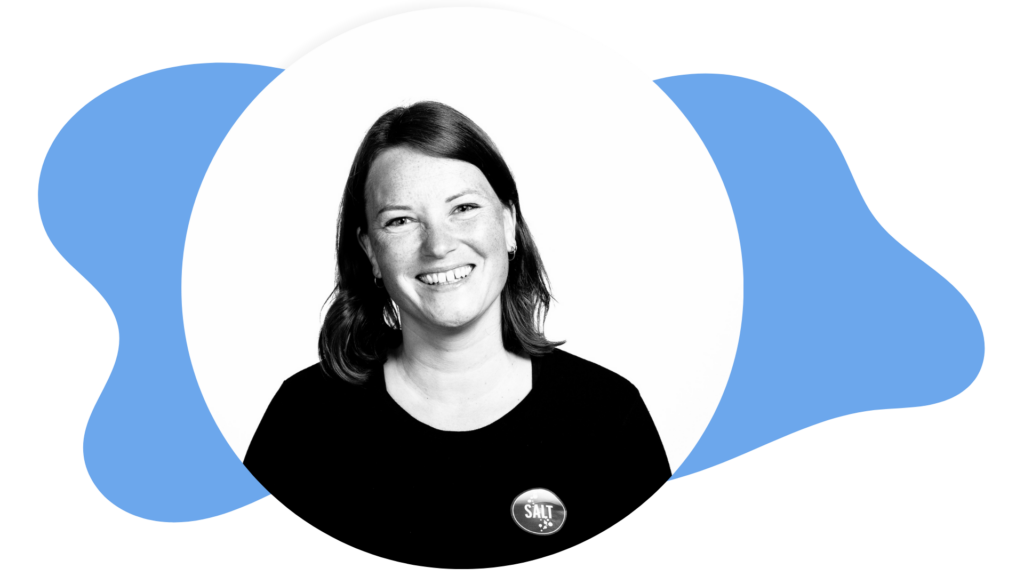
Hilde Rødås Johnsen
WP7
UGHENT
Ghent University – Belgium
Ghent University enjoys national and international recognition for its fundamental and applied research in the field of marine/maritime sciences and technologies. Universiteit Gent, in a partnership with the Flanders Marine Institute (VLIZ), are a founding member of the European Marine Biological Resource Center – EMBRC, a pan-European Research Infrastructure for marine biology and ecology research, whose activities include the development of new technologies enabling the growth of a sustainable Blue Economy.
Universiteit Gent aims for sustainable blue growth through a multidisciplinary approach to socially relevant themes in a collaborative and inclusive manner.
Two departments are participating in BLUE CONNECT:
- Faculty of Bioscience Engineering – Laboratory for Aquaculture and Artemia Reference Center
- Faculty of Bioscience Engineering – BlueGent consortium
In BLUECONNECT, Ghent University is leading the Belgian pilot, and leads T 6.1 – Synthesis on Best Practices and Lessons Learned in Conservation Planning and Management.
PEOPLE
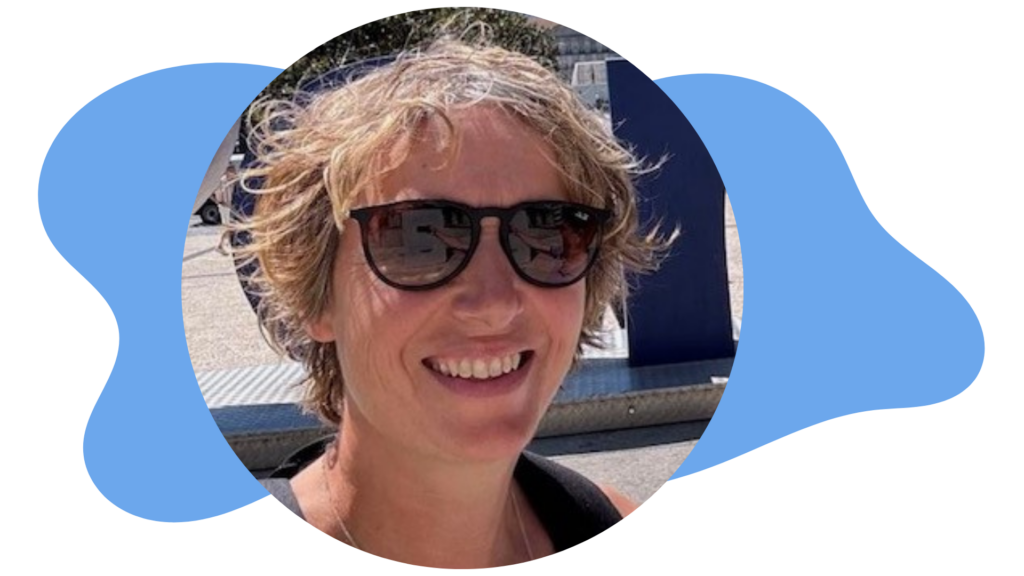
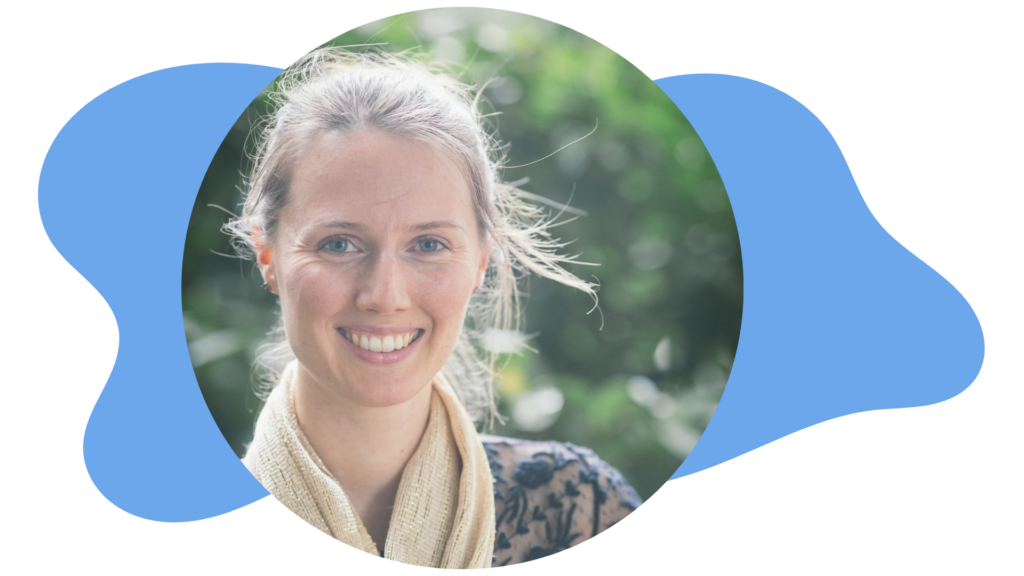
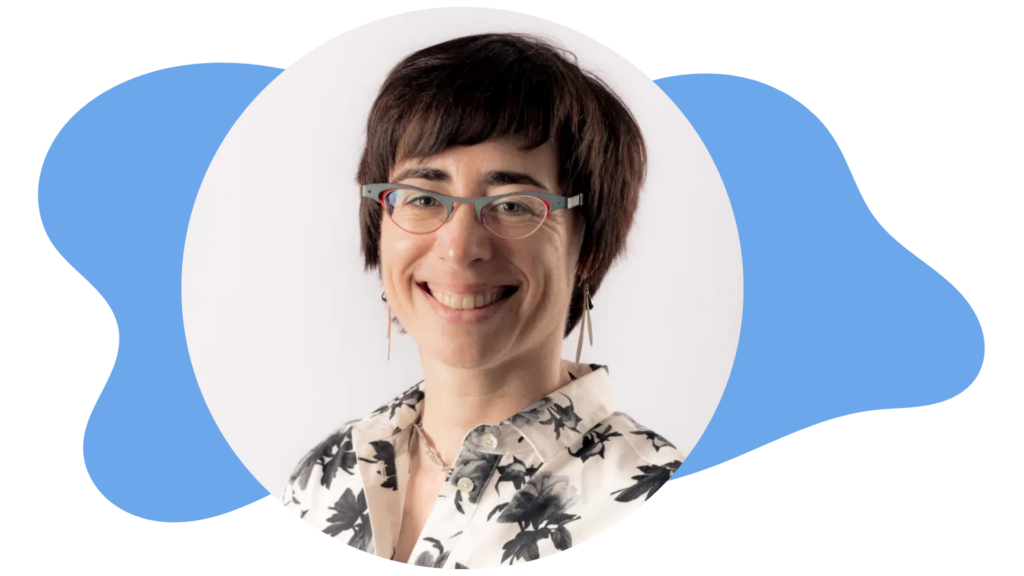
Mieke Eggermont
Lead of T 6.1
Annelies Declercq
Demo site lead and co-lead of Task 6.1
Margriet Drouillon
Demo site co-lead
DELTARES
Deltares – The Netherlands
Deltares is an independent knowledge institute on innovative solutions in the field of water and subsurface. The unique combination of our knowledge and research, together with our experts, experimental facilities, key technologies, specialised software and data products enables us to advise policymakers and industry and address the challenges the world faces today. We do this from 9 different areas of expertise: drought, floods, sealevel rise, subsidence, water supply, energy transition, water, soil and health, resilient cities and future-proof infrastructure.
In BLUE CONNECT Deltares is leading WP2 (Science-based conservation objectives). Deltares will participate in the development and integration of state-of-the-art methods to assess ecosystem functioning and support the definition of effective conservation objectives and restoration measures. Deltares is also responsible for the pressure analysis task in WP3, setting the base for the definition of conservation measures at Demo Sites.
PEOPLE
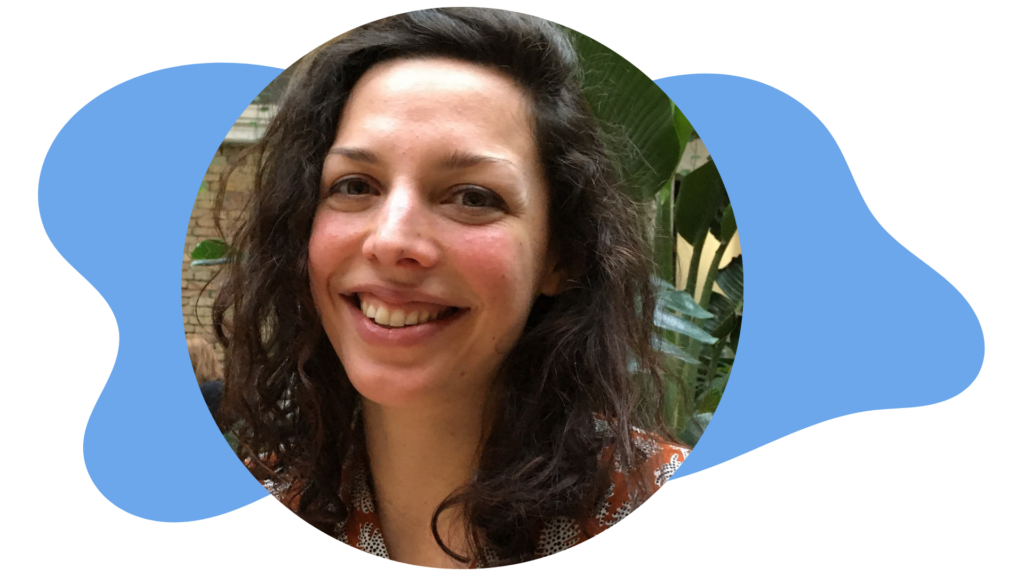
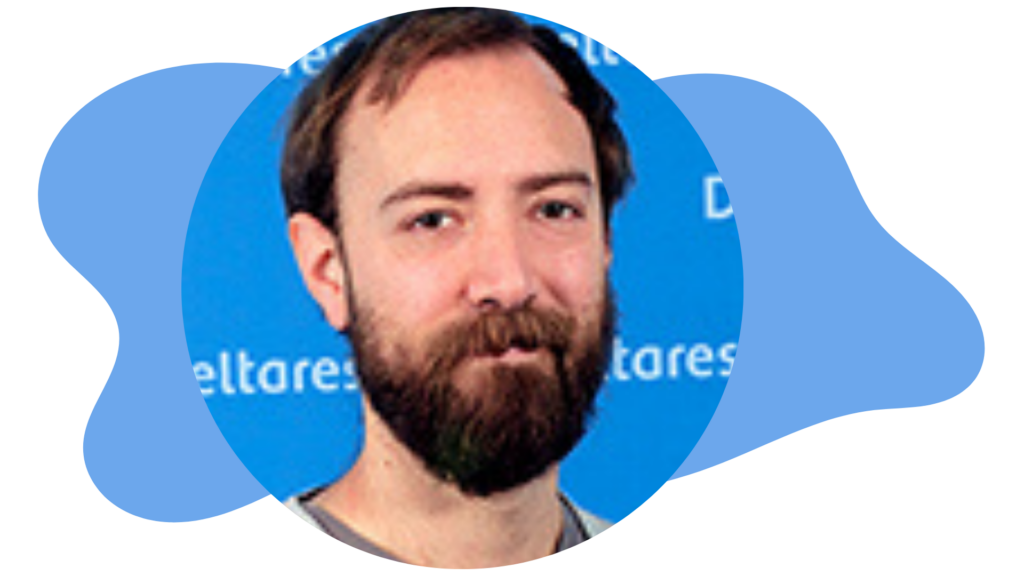
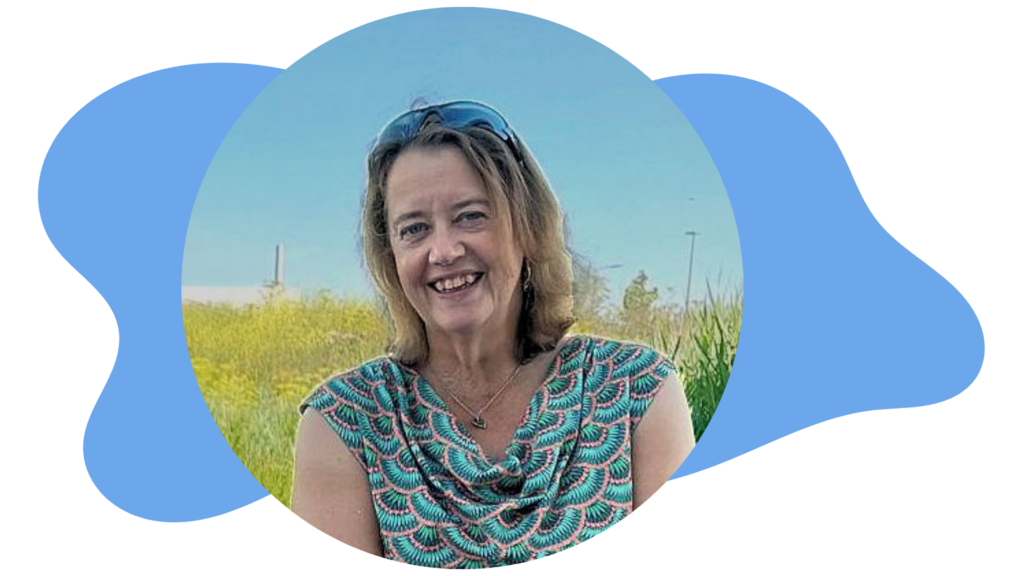
Lauriane Vilmin
Project lead for Deltares, WP2 lead, ecological modelling
Sebastiaan Mestdagh
T3.1 lead, benthic ecology
Luca van Duren
Senior researcher, ecology
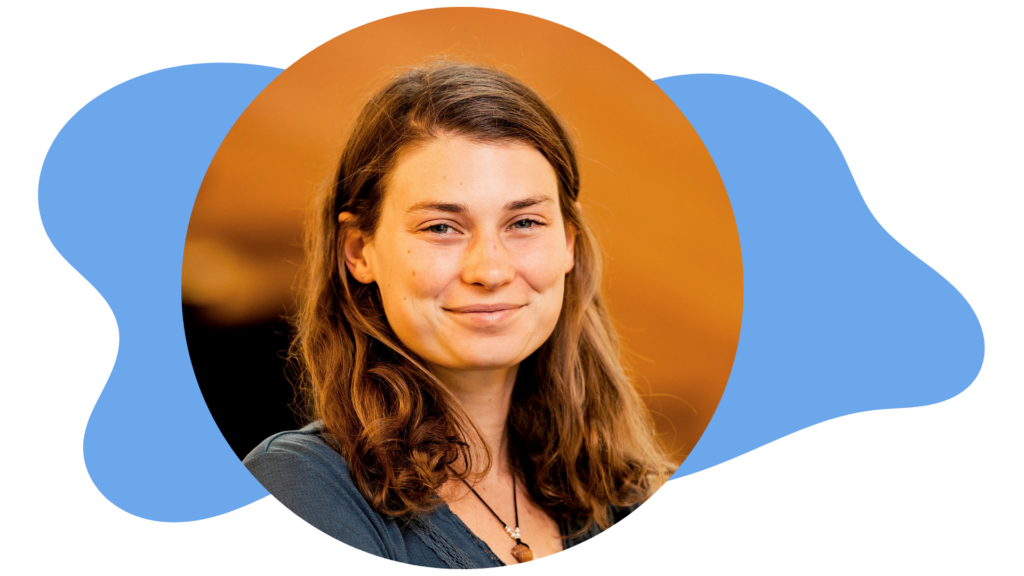


Sonia Heye
Project researcher, ecological modelling
Luis Rodriguez Galvez
Project researcher, data vizualisation
Willemijn Velseboer
PhD student (WP2)
NIVA
NIVA – Norway
NIVA is Norway’s premier research institute in the fields of water and the environment. We are experts on freshwater and marine ecosystems including their interactions with society and governance.
NIVA is leading T3.2 and T3.3.2, Social Science contributions mainly in WP3&4, Nat.Science contributions to WP2&5.
We develop science-based knowledge and solutions for a sustainable future. NIVA has expertise in both the natural and social sciences, and we take a multidisciplinary approach to the interactions between water, the environment and society.
PEOPLE
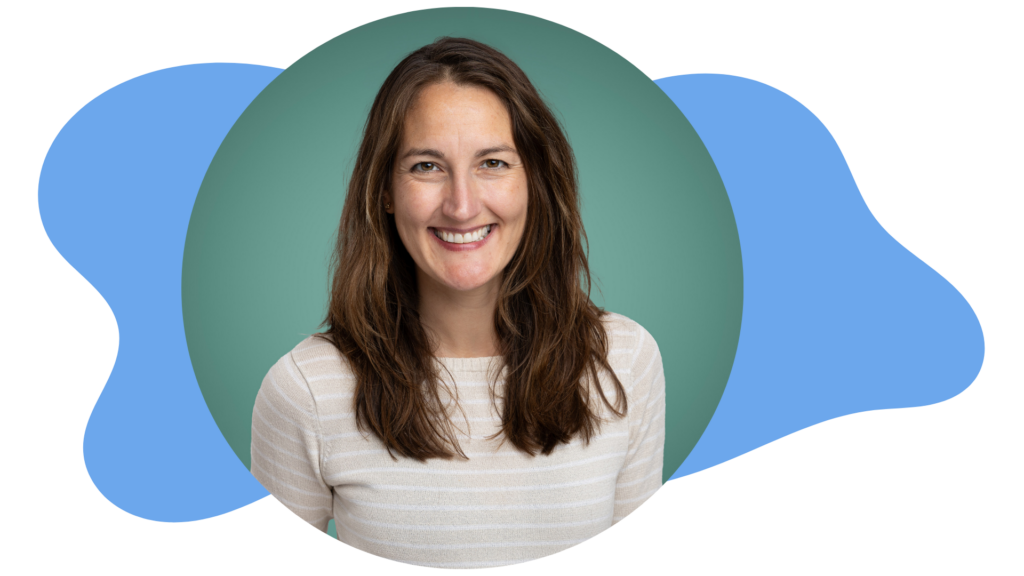
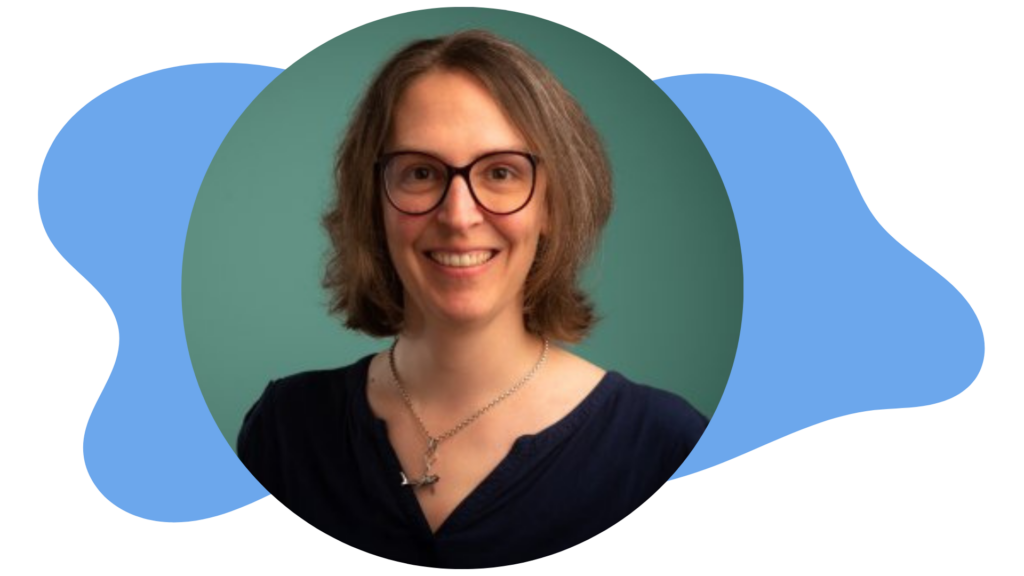
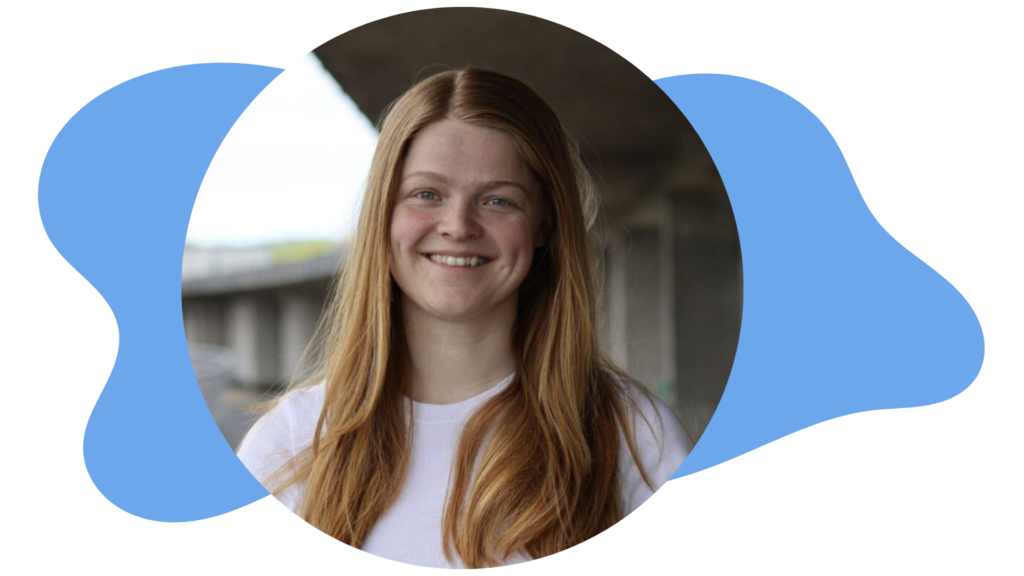
Aase J. Kvanneid
Lead & T3.3.2
Laura Friedrich
T3.2
Maren H. Sævold
T3.2
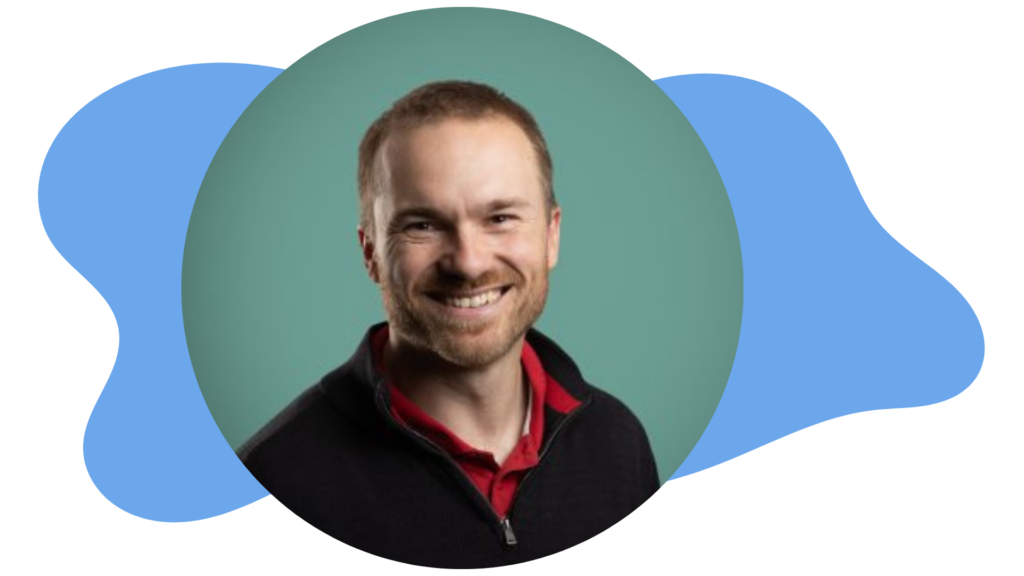
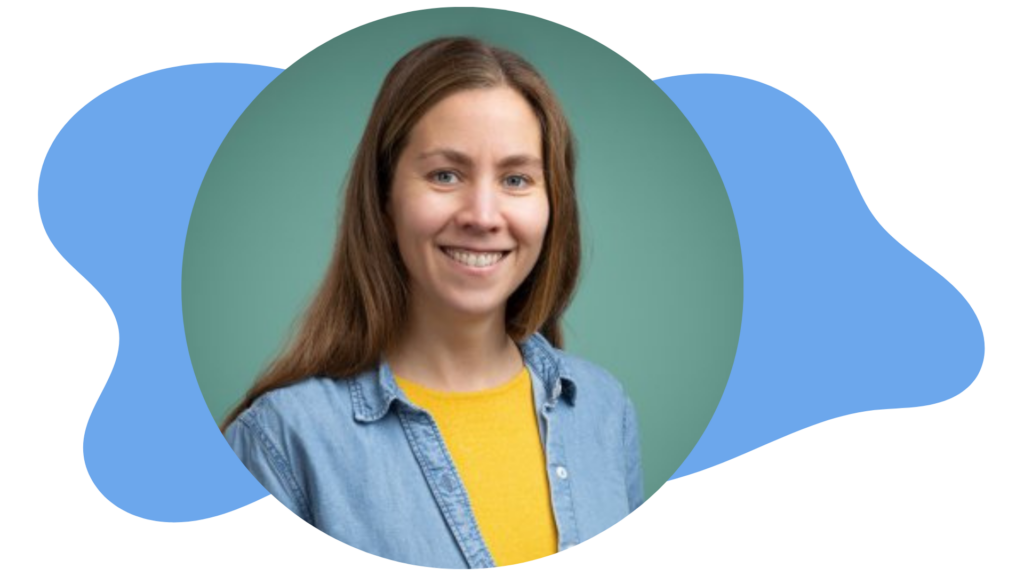
Federico H. Gaeta
WP2 and WP5
Kristina Ø.Kvile
WP2 and WP5
UMA
Universidad de Málaga – España
The European Topic Centre for Spatial Analysis and Synthesis (ETC-UMA) at the University of Malaga, founded in 2011, supports regional and Pan-European policy by developing environmental knowledge. ETC-UMA specializes in integrating, harmonizing, and sharing regional data, producing environmental indicators, and creating tools that aid decision-makers in understanding their dependency on ecosystems and impacts on biodiversity. The center’s work includes mapping environmental and human pressures, assessing ecosystem services, and evaluating the effects of management practices on terrestrial, coastal, and marine habitats, including protected areas. ETC-UMA also explores innovative conservation methods, such as Other Effective Area-based Conservation Measures (OECMs), management effectiveness, and conservation outcome monitoring. The center actively engages with scientific, managerial, and policy stakeholders to promote conservation and sustainable development across regions.
ETC-UMA contributes to all work packages, drawing on the organisation’s expertise from ongoing marine protection initiatives. ETC-UMA leads WP5 “Ensuring effective conservation” with the objective of developing a system for monitoring marine conservation effectiveness and assessing conservation outcomes, building on the integrated framework for definition of conservation objectives and governance toolbox for co-defining conservation measures. It is responsible for the deliverable on Best practices in MPA monitoring and assessment through the identification and appraisal of the most relevant monitoring and assessment frameworks / systems to select the most suitable one to be applied in the Demo sites.
In addition to active involvement in all WPs, ETC-UMA in cooperation with the Spanish Ministry for Ecological Transition and Demographic Challenge (MITERD) will engage with the Spanish Cetacean Migration Corridor as one of the demonstration sites in focusing the BLUE CONNECT Blueprint implementation to the preparation of the management plan/Establishment of co-management/ Connectivity Advisory site.
PEOPLE
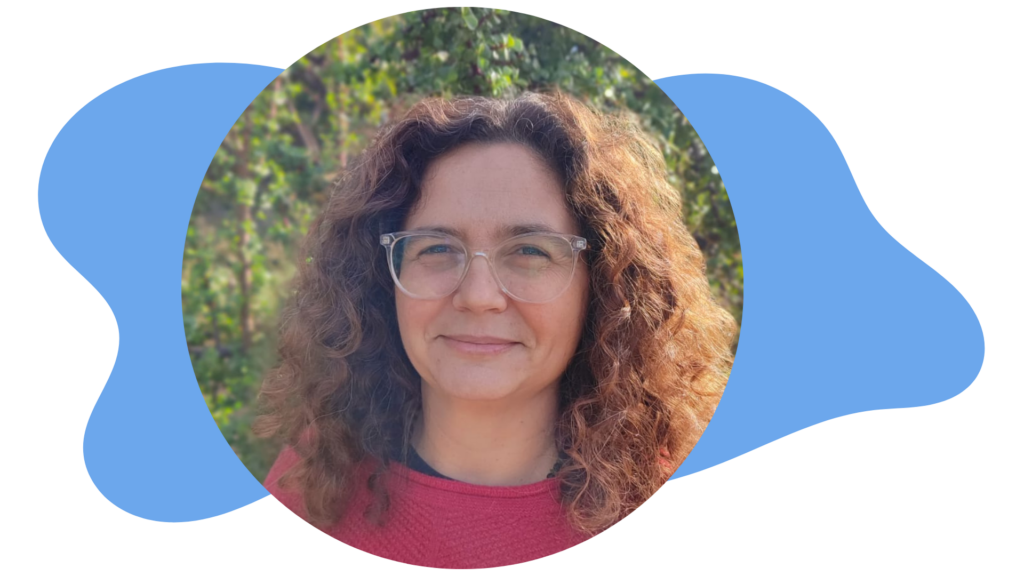
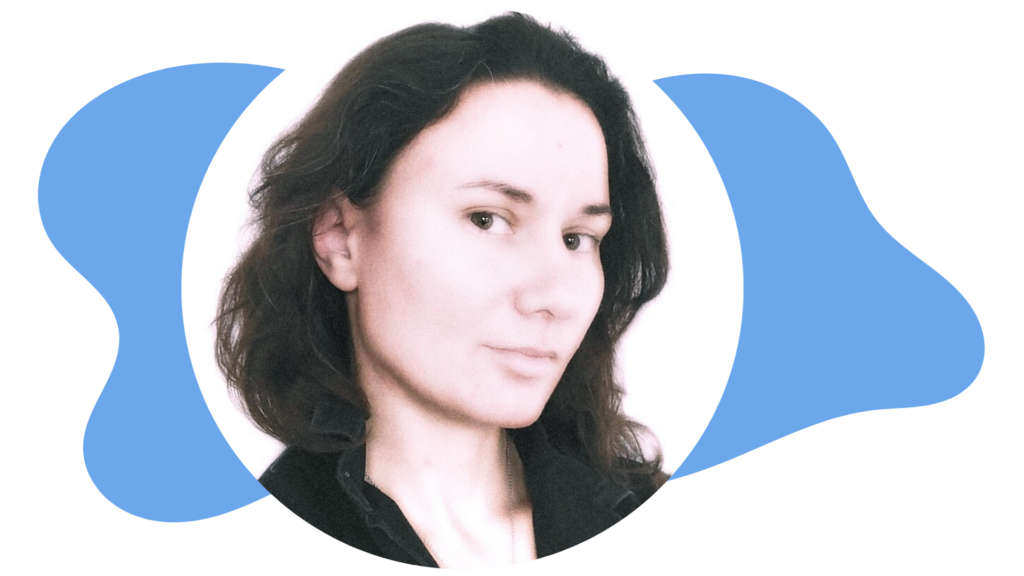
Maria del Mar Otero
Project Coordinator UMA
Barbara Bauer
UTARTU
University of Tartu – Estonia
The Estonian Marine Institute at the University of Tartu (UTARTU) is Estonia’s leading center for marine research, with decades of experience in studying marine biodiversity and ecosystems from a multidisciplinary perspective. UTARTU combines observational, experimental, and mathematical approaches to examine ecological and environmental phenomena across various biological, spatial, and temporal scales, and their dynamics under different global change scenarios. This knowledge is translated into advanced yet user-friendly decision support tools, developed in close collaboration with local, national, and regional authorities. These tools are vital for bridging the gap between science and decision-making, supporting the sustainable development of human activities at sea and guiding conservation and restoration efforts.
UTARTU will lead the development of solutions for assessing and effectively integrating connectivity into the planning and implementation of conservation and restoration actions.
PEOPLE
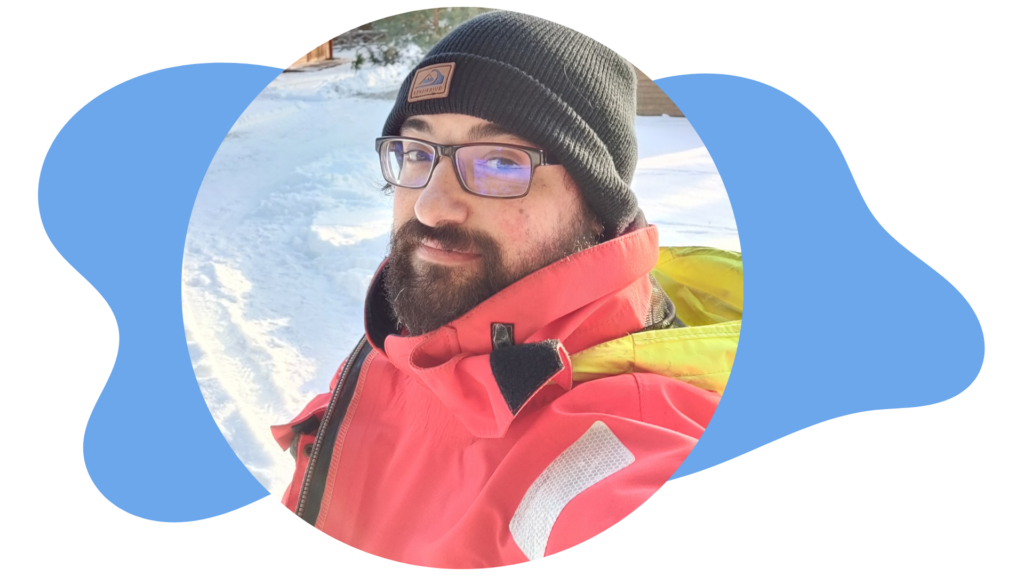

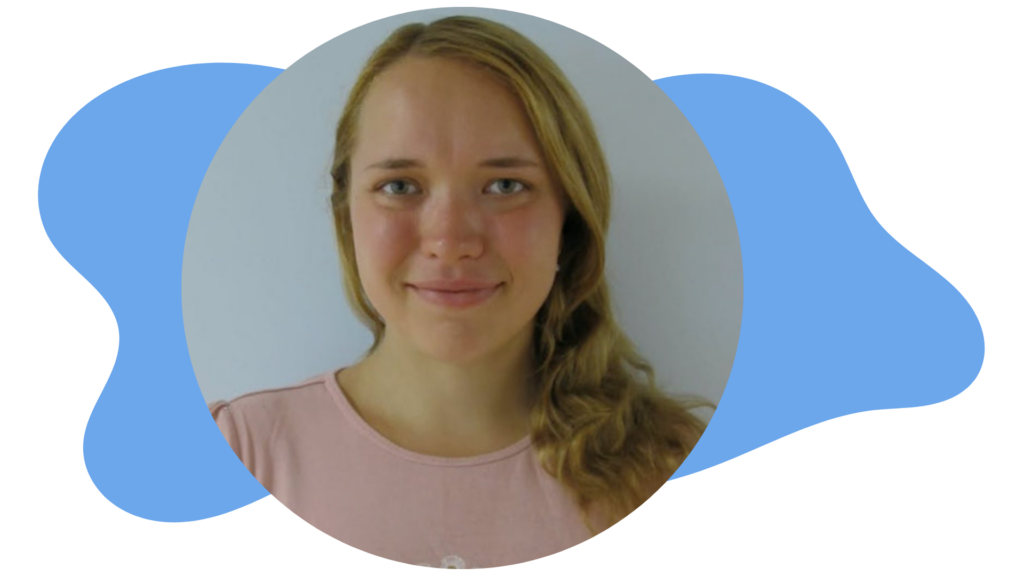
Francisco R. Barboza
Principal Investigator and co-leader of T2.2
Jonne Kotta
Project Manager for UTARTU and co-leader of T2.2
Kristiina Nurkse
Researcher and co-leader of T2.2
WWF MED
World Wide Fund for Nature – Mediterranean
WWF is one of the world’s largest environmental conservation organisations, active in more than 100 countries. Founded in 1961, its main goal is to protect biodiversity and reduce the impact of human activities on natural ecosystems. WWF focuses on key areas such as safeguarding endangered species, protecting natural habitats, promoting sustainable use of resources and combating climate change.
The organisation is structured in national and regional offices that work with governments, businesses and local communities to develop and implement conservation strategies that also seek to improve the socio-economic environment of local communities.
WWF Mediterranean will be coordinating Wor Package 6 of the project, responsible of the production of the final deliverable, the BluePrint. A Transferrabilty Roadshow will also be organised to showcase the BluePrint and the results of the project within, and WWF Med will be part of the organisation of the Roadshow. Finally, WWF Med will aim to establish a high-level transboundary co-management table as a scale up of project results in the Southern Adriatic-Ionian Strait EBSA.
PEOPLE
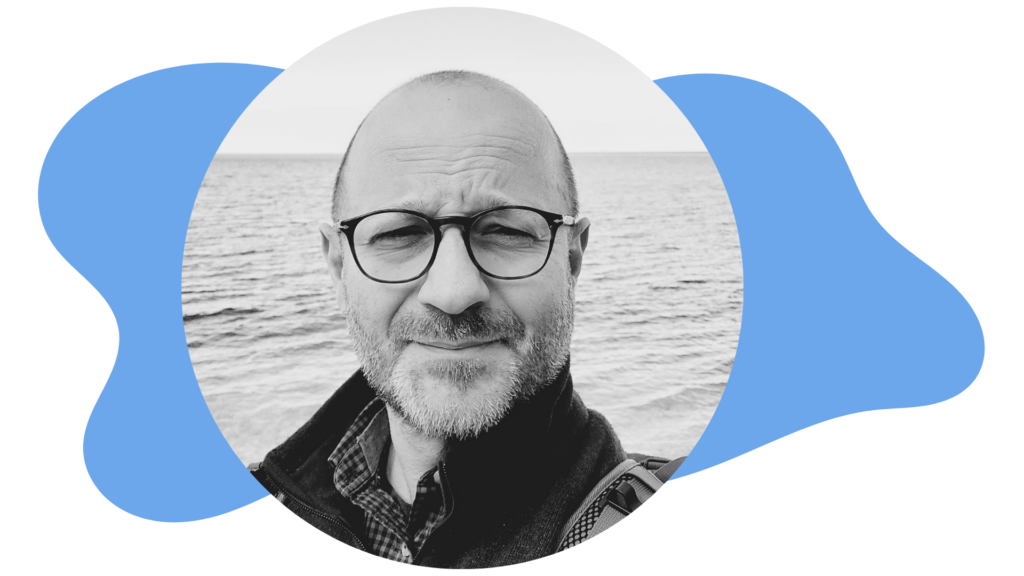

Mauro Randone
Project Supervisor
Saba Başkır
Project Coordinator and Lead WP6
WWF Spain
World Wide Fund for Nature – Spain
WWF Spain (ADENA) is the Spanish section of WWF, the biggest conservation organization in the world. Our mission is to guarantee nature conservation in harmony with the human being by conserving the biodiversity, guaranteeing the sustainable use of natural resources and reducing the pollution.
The organisation was founded in 1967 in Spain, since then it has developed an intense work on conservation and protection. Nowdays, our work is structured in 6 programs: Oceans, Freshwater, Forest, Climate Change, Food and Endangered Wildlife with action through projects on the field, policy advocacy, communication and raising awareness in close collaboration with Corporates, administrations (local, regional, national and international), Scientifics and other NGOs.
The Ocean team, involved in Blue Connect, has a long experience in Marine Protected Areas, coastal management, sustainable fisheries working with local partners, fishing sector and local administrations leading activities on co-management, policiy advocacy in all the Spanish marine areas and RFMOs.
WWF Spain will be leading the implementation of the Blue Connect Project 2 demo sites: Cabo Roche Natura 2000 site and future Marine Fishing Reserve (Cádiz) and Pitiusas Islands (Balearic Islands) through the Marine Stewardship Table of Pitiusas and the Tagomago Fishing Reserve. In both, it will be developed an effective management of the MPAs, including highly protected areas, restoration of degradated habitats and comanagement schemes.
PEOPLE

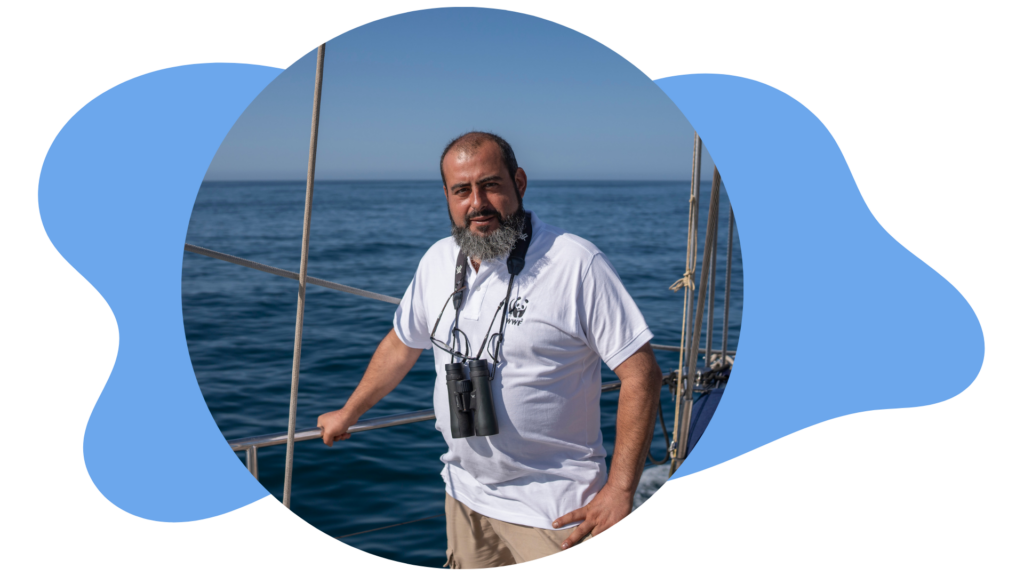
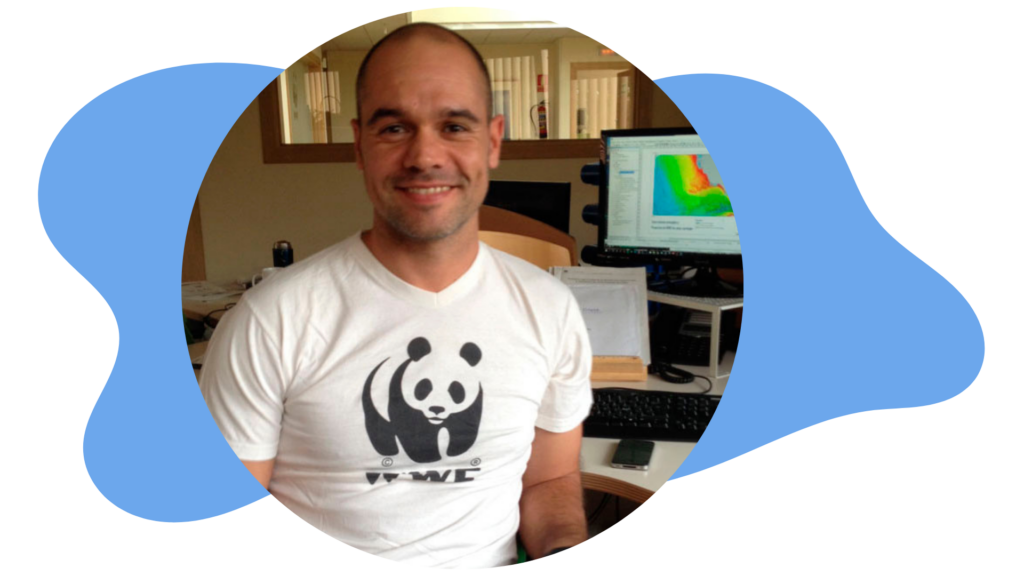
Jose Luis García Varas
Project Coordinator
Raul García Rodriguez
Demo site lead
Óscar Esparza
Demo site co-lead
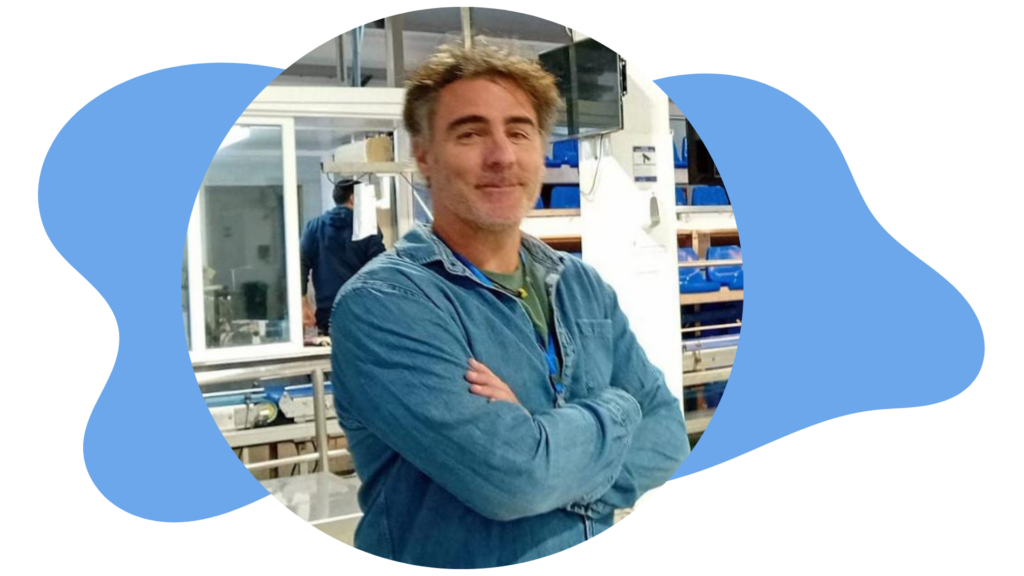
Miguel Gómez
Demos site co-lead
WWF Italy
World Wide Fund for Nature – Italy
WWF is one of the world’s largest environmental conservation organisations, active in more than 100 countries. Founded in 1961, its main goal is to protect biodiversity and reduce the impact of human activities on natural ecosystems. WWF focuses on key areas such as safeguarding endangered species, protecting natural habitats, promoting sustainable use of resources and combating climate change.
The organisation is structured in national and regional offices that work with governments, businesses and local communities to develop and implement conservation strategies that also seek to improve the socio-economic environment of local communities.
WWF Italy will be responsable of the implementation of the Blue Connect Project in the Northern Adriatic demo site. The main goal are to enhance biodiversity conservation, to create cooperation and comanagement and to contribute to the MSP process in this area of the Adriatic.
In the Mediterranean, WWF plays a key role in protecting marine ecosystems, which are particularly vulnerable due to human activities such as intensive fishing, pollution, maritime traffic and climate change. WWF’s main activities in this region include Marine Species Protection, Sustainable Fisheries Management, Establishment of Marine Protected Areas and Awareness Raising combined with Research.
PEOPLE
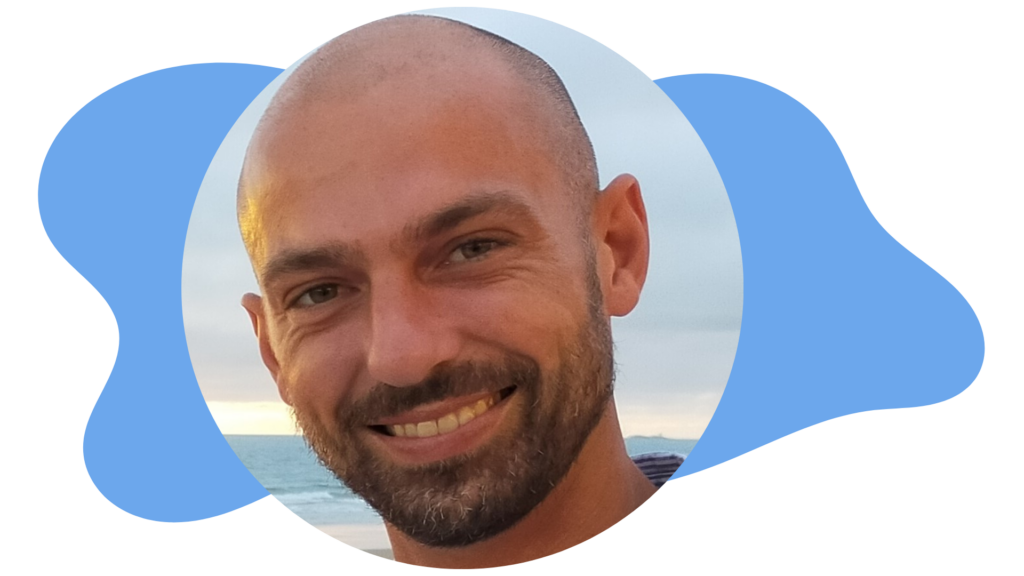
Andrea Zanella
Project Manager and Project Coordinator for WWF Italy
SUBMON
SUBMON- Spain
SUBMON is a marine conservation NGO based in Barcelona, Spain. Founded in 2008, it works on the conservation of marine biodiversity, and aims to achieve a sustainable use of the marine environment by promoting a change in the relationship between society and the sea.
Since its beginning SUBMON has carried out over 300 projects, counting with a multi-disciplinary team of professionals with over 20 years’ experience in the fields of marine biology, veterinary medicine, environmental sciences, engineering and education.
Our work focuses in the study and conservation of threatened species and habitats, committing to environmental education and ocean literacy as key tool to reinforce our activity.
SUBMON joins the BLUE CONNECT project as leader of one of the Demo Sites: the marine section of the Natura2000 site of L’Albera, in the Costa Brava, Spain. Here they will work to improve the management of the area, carry out activities to increase the engagement of the community, and study the active restoration of Neptune seagrass with the implication of the community. Their team will also take part in other Tasks that are especially relevant to them, such as studying the connectivity of the area, establishing of conservation objectives and management measures, or monitoring techniques.
PEOPLE
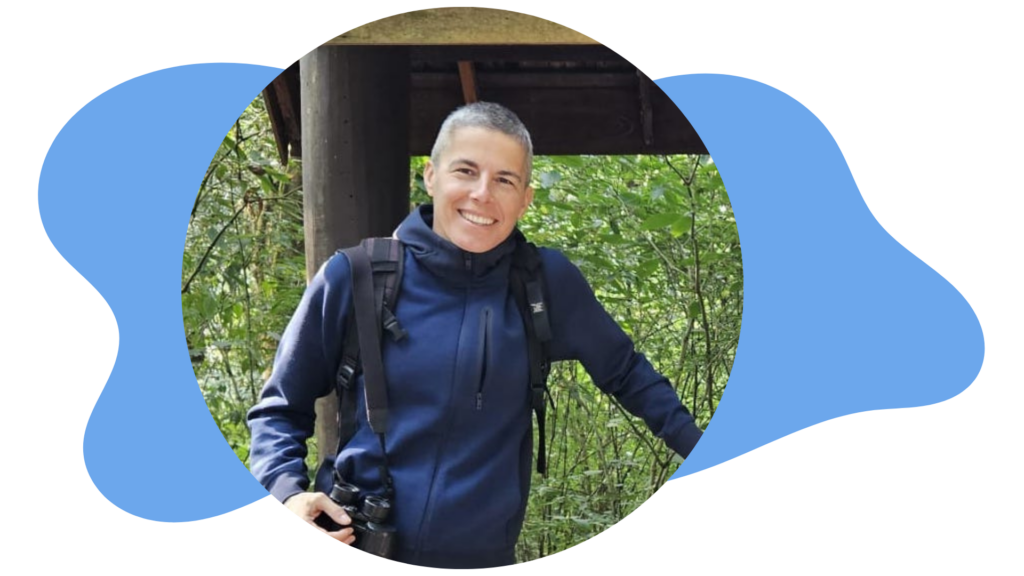
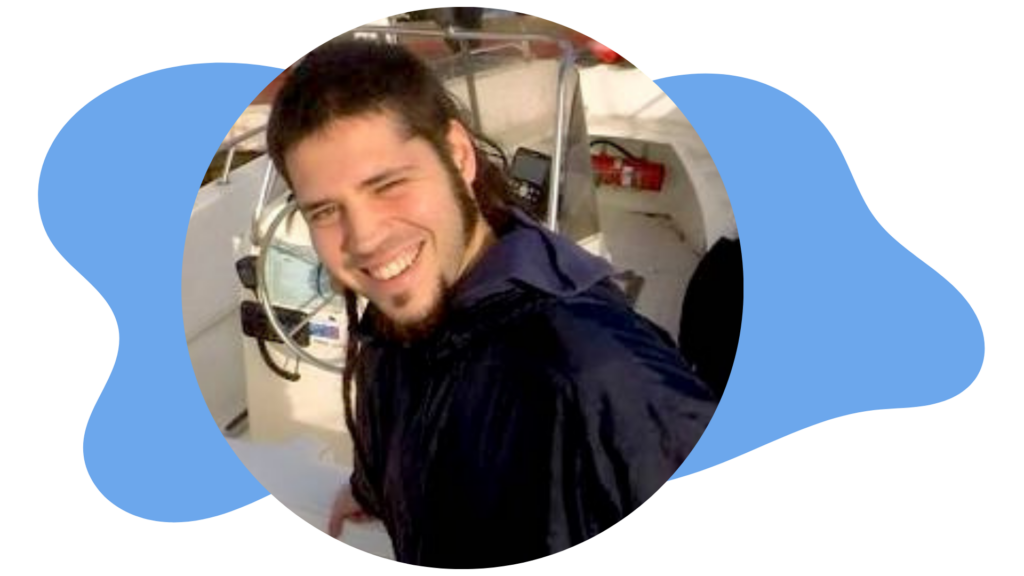
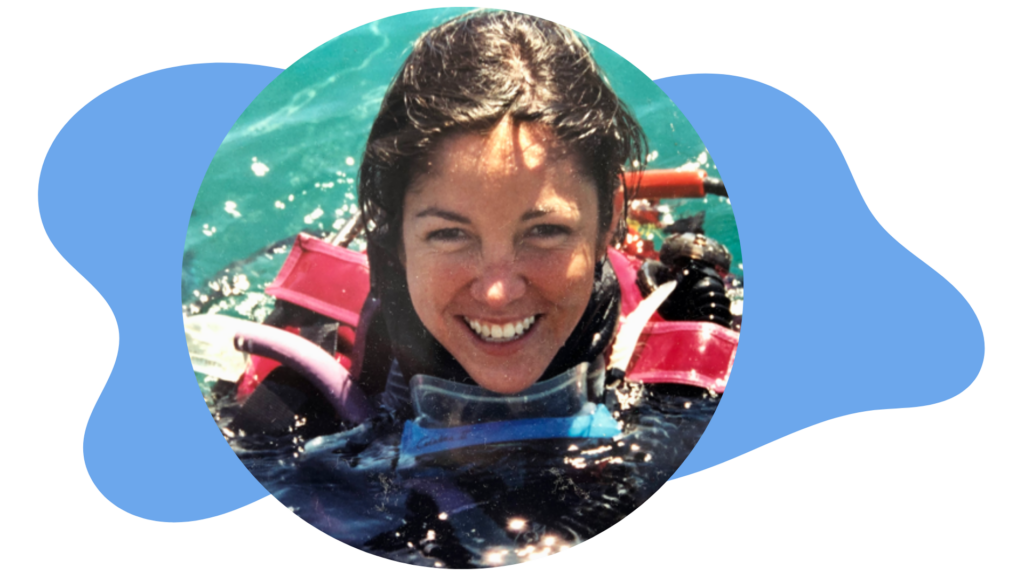
Mariluz Parga
Project co-lead for SUBMON
Andreu Dalmau
Project co-lead for SUBMON
Juanita Zorrilla
WP4 in Demo Site
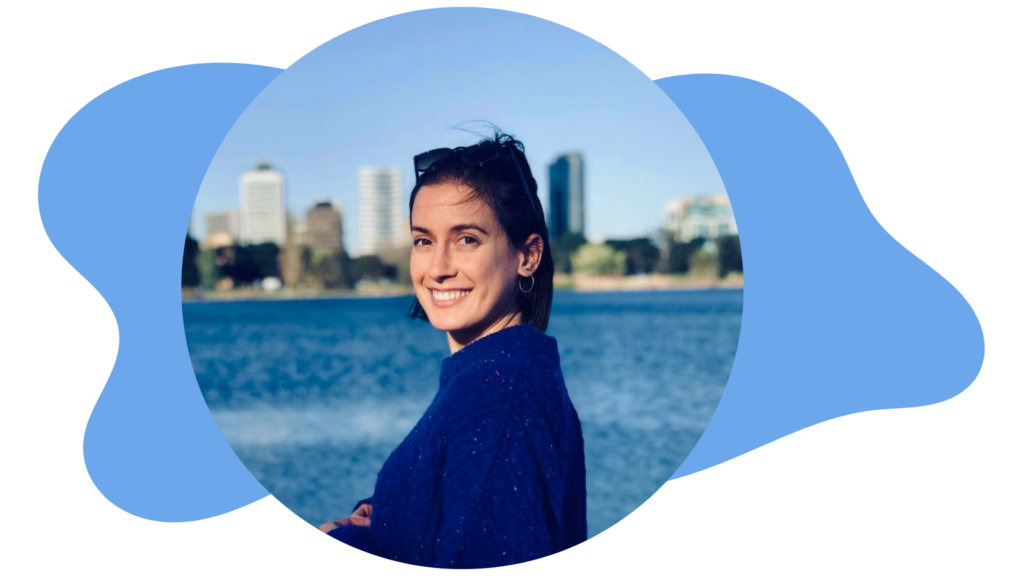
Sara Fernandez
WP7
University of the Azores
University of the Azores – Portugal
The University of the Azores (UAc) is a public institution of higher education dependent on the Portuguese Ministry of Science and Education. Established in 1976 to foster the sustained development of the Azores archipelago. The University of the Azores’ (UAc) mission focuses on knowledge development and dissemination through teaching, research, cultural dissemination, and service rendering. Due to its geographical location, the University contributes to the overall development of the Azores. Its research centres focus on the humanities, arts, sciences, and technologies. The UAc team has elaborated several coastal zone management plans and participated in projects related to ICZM and climate change. Additionally, the UAc team has been involved in projects within the scope of MSP and MPA in the Macaronesia area, leading stakeholder engagement in several of them. In BLUECONNECT, the UAc brings the experience of previous projects to lead Macaronesian Demo site and lead the project’s stakeholder engagement.
PEOPLE
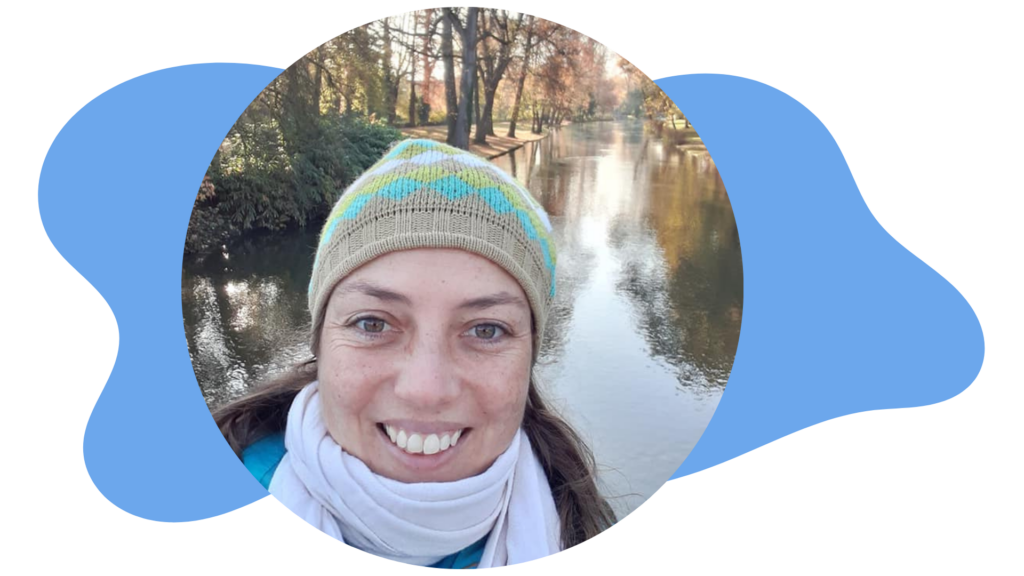
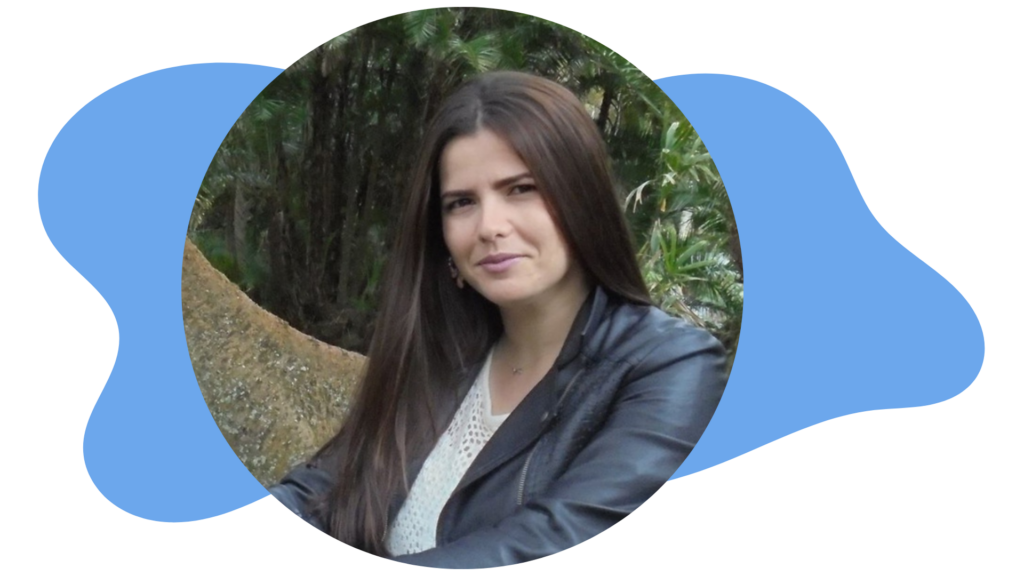

Débora Gutierrez
Project & Macaronesia DS Lead
Fabiana Moniz
Administrative
Helena Calado
Coordinator

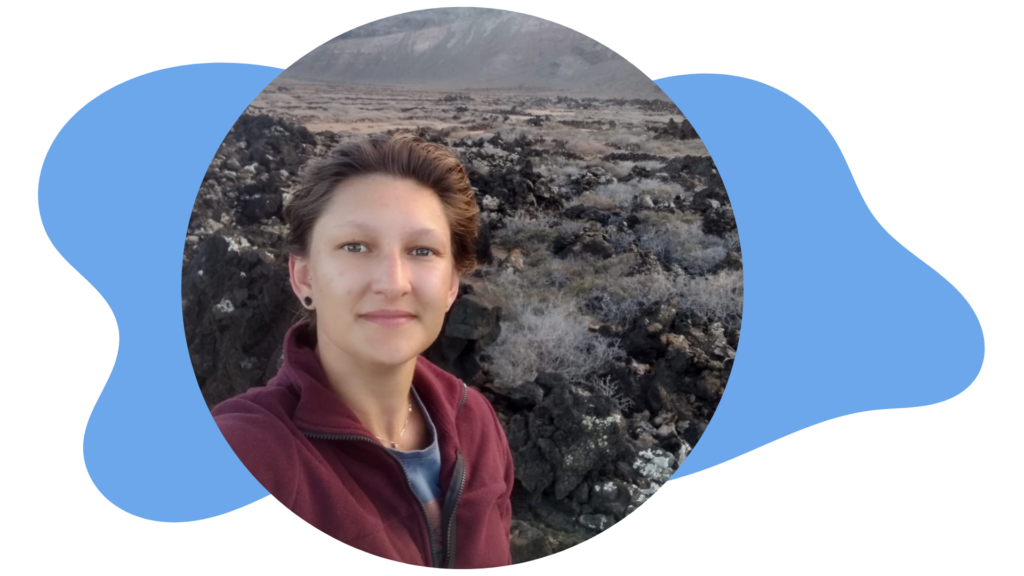
Natali Santos
Project Manager
Bruna Ramos
Intern
Jan De Nul
Jan De Nul Group – Luxembourg
Jan De Nul is a global player in dredging and offshore solutions. Known for its advanced technical capabilities, Jan De Nul continuously develops and optimizes equipment to achieve higher efficiencies and cost-effective outcomes. We are dedicated to innovation, participating in a wide array of projects aimed at enhancing biodiversity and strengthening coastal resilience. Within these projects, we research technically and economically feasible solutions. Examples include Coastbusters (I and II), working on the improvement of biodiversity, combined with coastal protection, Aquaforest, focussing on habitat creation, and MPV aqua, focusing on solar energy. Jan De Nul is also involved in other oyster restoration projects such as Reefcovery, where we aim to develop new substrate shapes and materials and test the feasibility of using fall pipe vessels for large scale installation. Another example is BELREEFS, a project on behalf of the government, where the aim is to achieve a self-sustaining oyster reef in the gravelbeds through large scale installation.
JDN is involved in the Belgian pilot project which aims for active restoration of oyster beds within the gravelbeds. Having extensive expertise in marine installation, JDN will investigate installation methods and oversee the placement of oyster substrates on the seafloor. JDN will handle transport logistics to the port and carefully select suitable vessels and techniques for substrate installation. As a leading offshore industry player and being an important stakeholder, JDN brings knowledge and can provide valuable industrial advice to enhance project outcomes.
PEOPLE
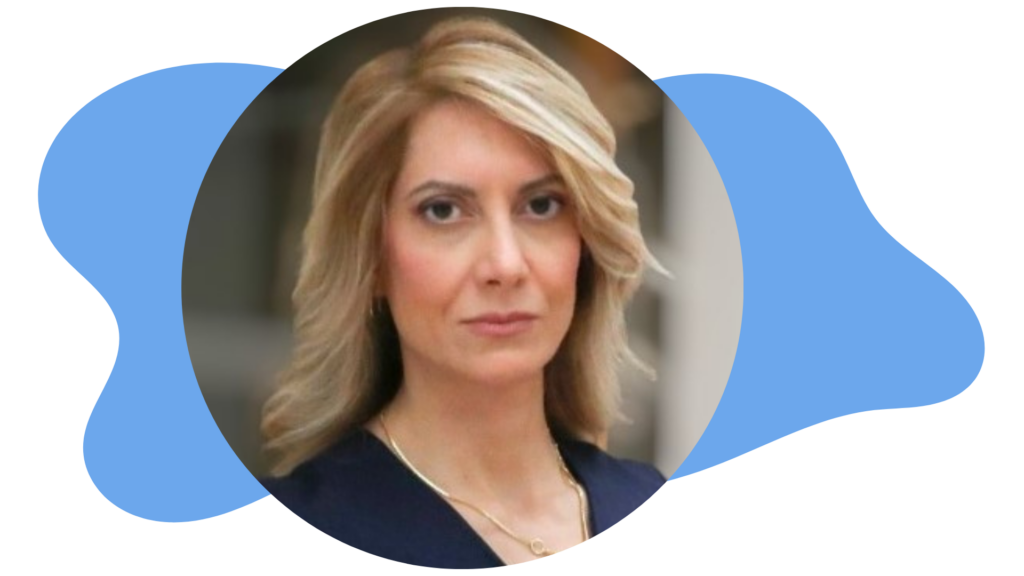
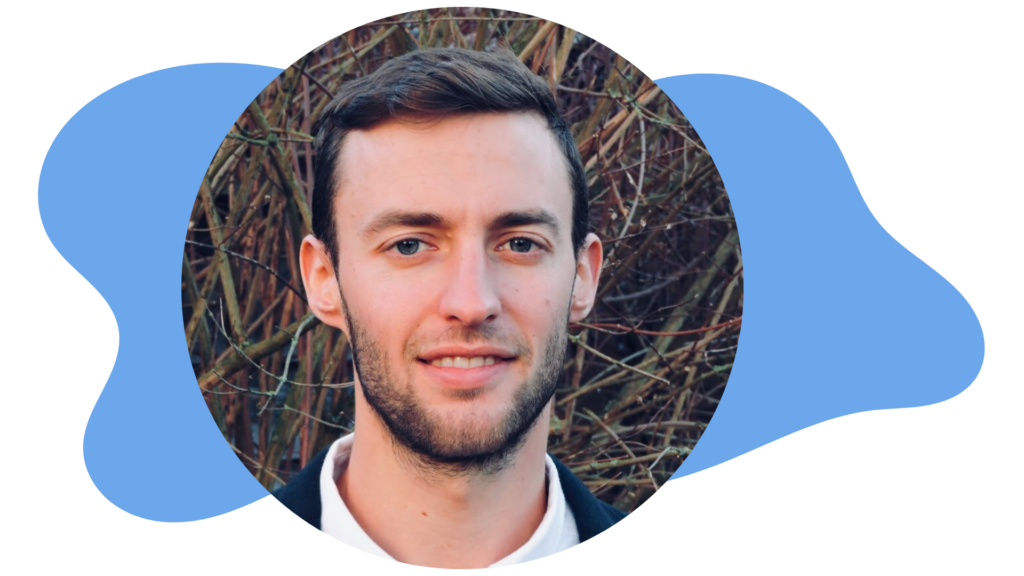
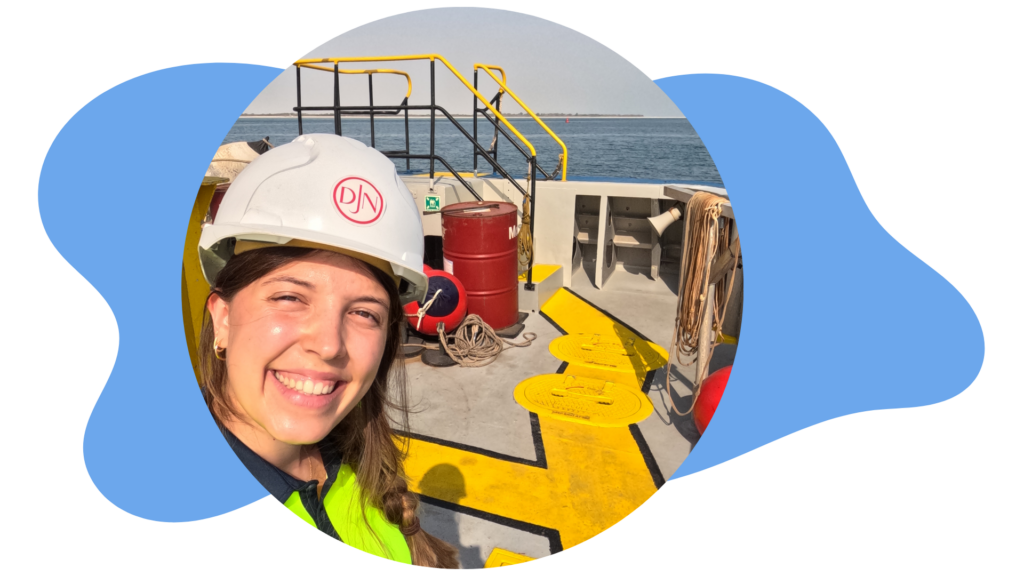
Vicky Stratigaki
Lead Engineer – Coordinating Role
Simon Petit
Lead Environmental Engineer – Executing Role
Phara Cockaert
Environmental Engineer – Executing Role
INCDM-NIMRD
National Institute for Marine Research and Development “Grigore Antipa” – Romania
INCDM-NIMRD is a representative national organisation with a multidisciplinary and interdisciplinary structure, operating under the coordination of the Ministry of Research Innovation and Digitalisation. NIMRD carries out basic, applied and technological research for the knowledge, protection and management of the coastal zone and marine environment, oceanography, marine and coastal engineering, management of the marine living resources in the Black Sea and World Ocean.
NIMRD insures the national, regional and European marine strategies/plans implementation. According to the establishing legal document, the institute is the scientific responsible of the physical, chemical and biological national network for marine waters and for coastal erosion surveillance and national scientific responsibility for the collection and management of fisheries data.
NIMRD hosts the National Oceanographic and Environmental Data Center (RONODC). NIMRD is part of the European Marine Observation and Data network as partner in EMODnet Ingestion, EMODnet Bathymetry, Biology and as Regional Leader for Black Sea in EMODnet Chemistry, also being involved in many of European and regional projects: PERSEUS, CoCoNet, IRIS-SES, MARSPLAN I and II, MareFrame, MISIS, IRIS-SES, ANEMONE, COASTAL, ECOAST, BRIDGE-BS.
PEOPLE
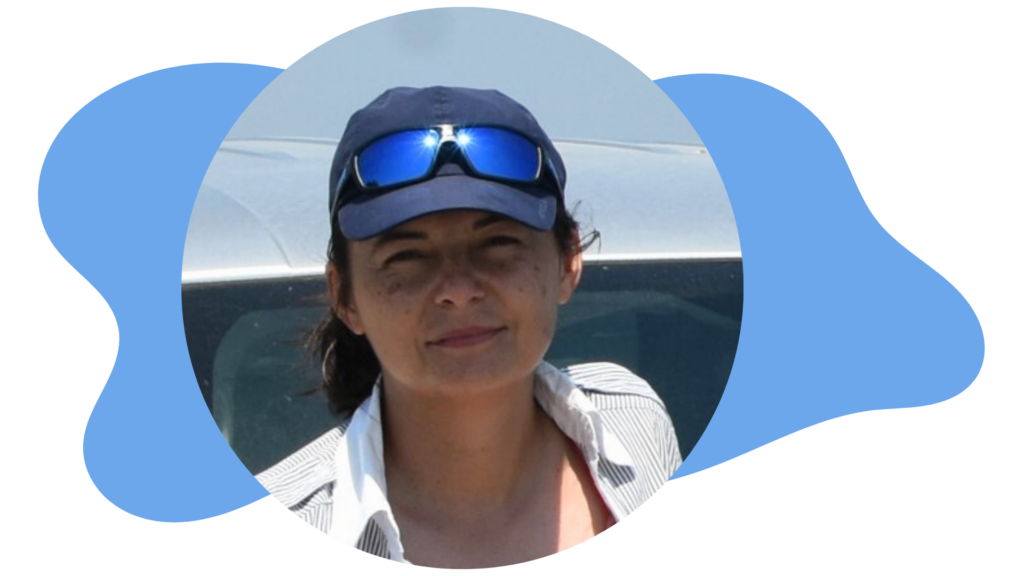
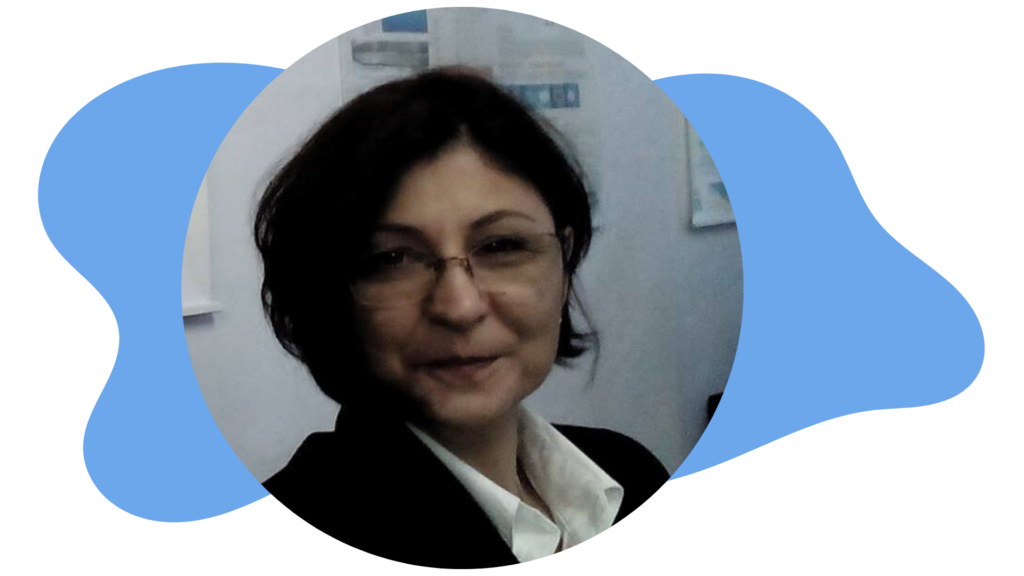
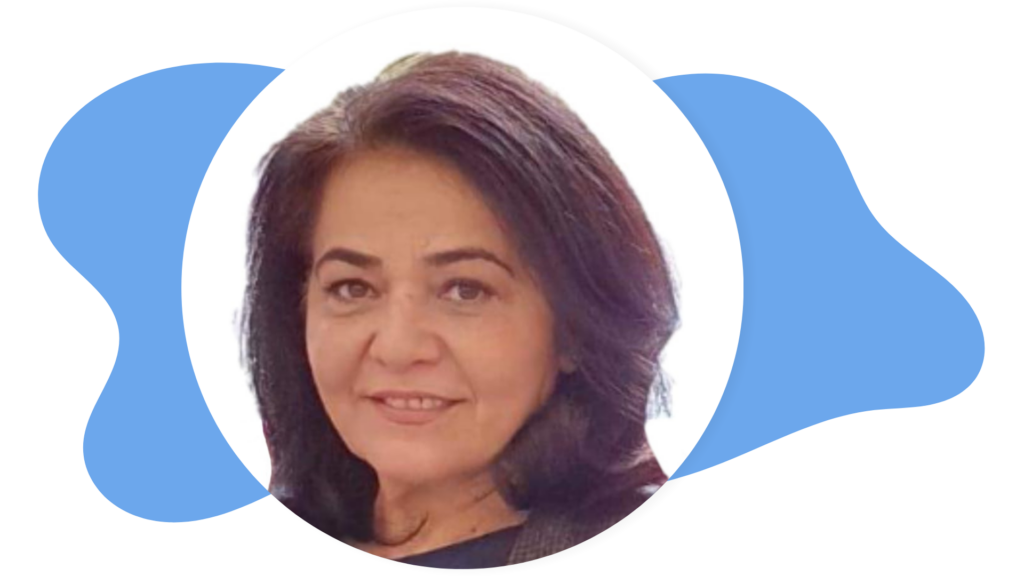
Alina Spinu
Project coordinator for NIMRD
Luminita Buga
Data manager (WP4, 5, 6)
Mariana Golumbeanu
WP4, 6 and 7
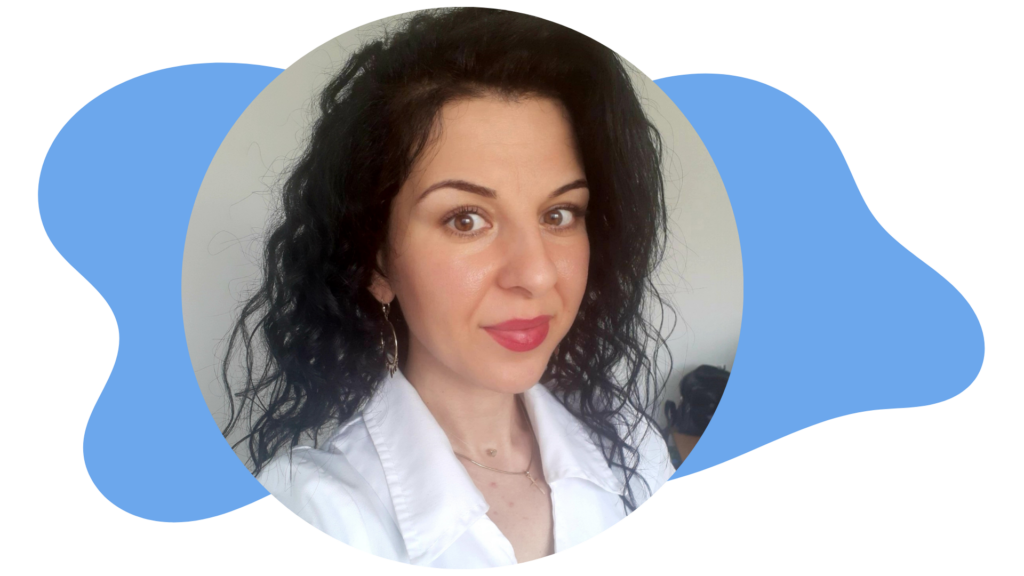
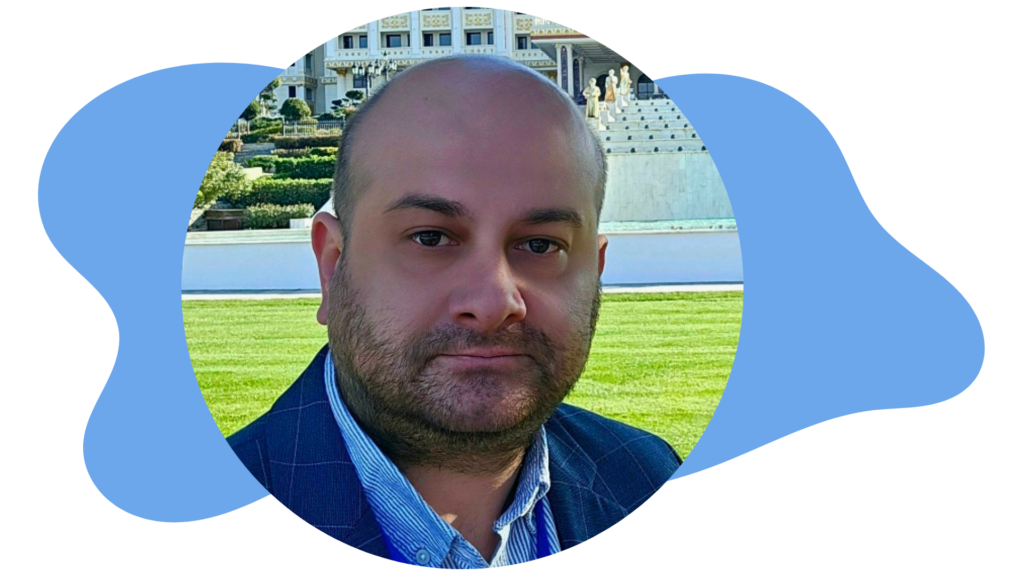
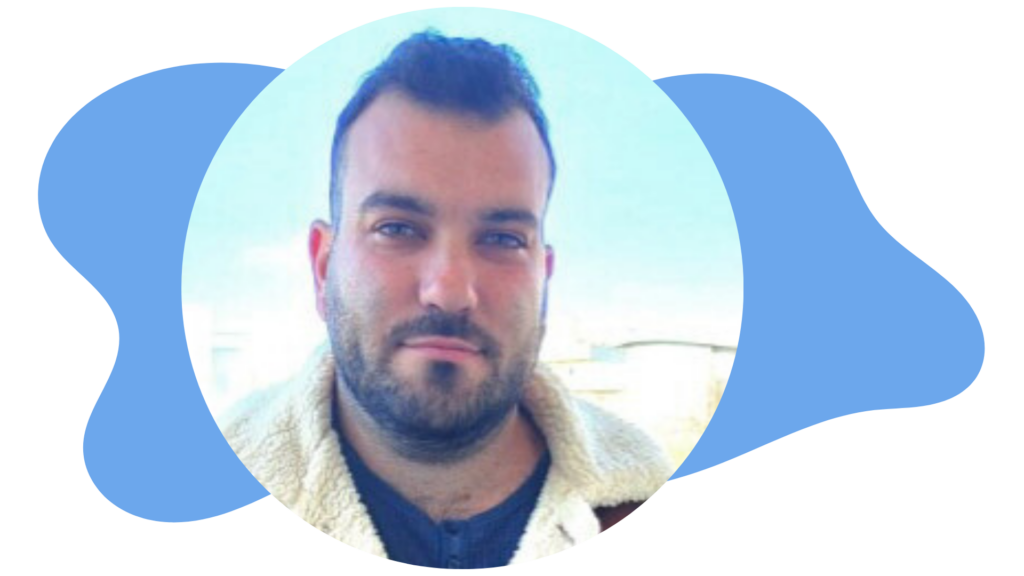
Oana Marin
WP 2, 5 Demo site team member
Victor Nita
WP 2, 6 Demo site team member
Dragos Marin
WP 3, 5 and Demo site team member
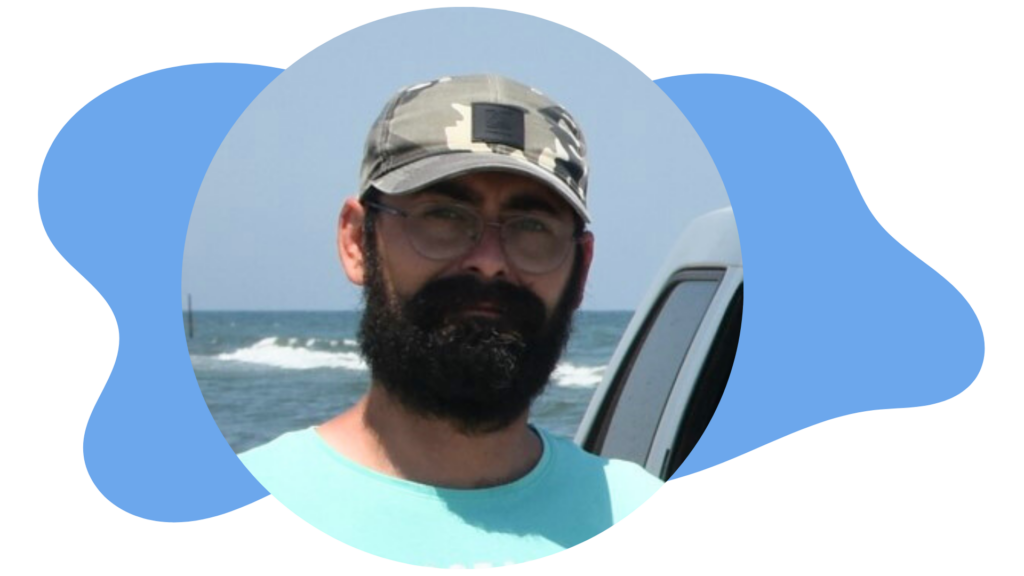
Alexandru Cindescu
GIS (WP3, 5 and Demo site team member)
HELCOM
The Baltic Marine Environment Protection Commission – Finland
The Baltic Marine Environment Protection Commission – also known as the Helsinki Commission (HELCOM) – is an intergovernmental organisation (IGO) and a regional sea convention in the Baltic Sea area. A regional platform for environmental policy making, HELCOM was established in 1974 to protect the marine environment of the Baltic Sea from all sources of pollution.
HELCOM contributes to all WPs, supported by the organisation’s experience in ongoing marine protection research and initiatives across the Baltic Sea region, as well as organising stake holder cooperation, and policy processes. Additionally, cultivating synergetic collaboration with sister project, Protect Baltic.
PEOPLE
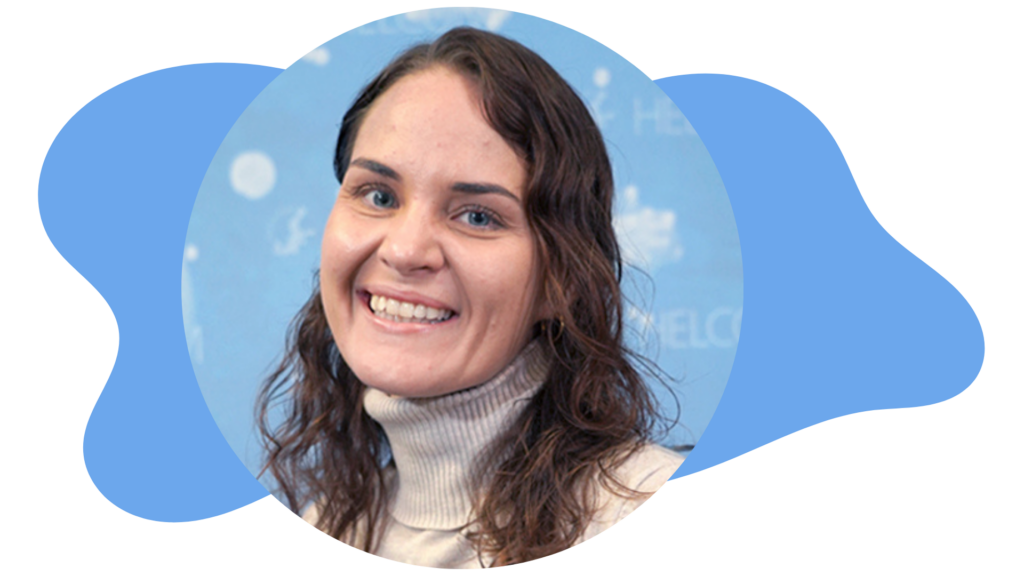
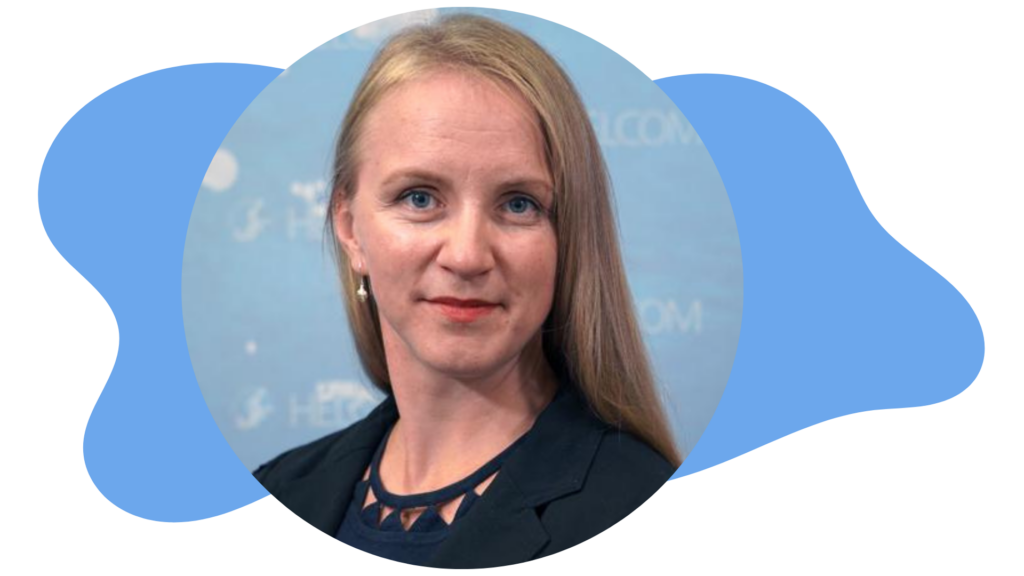
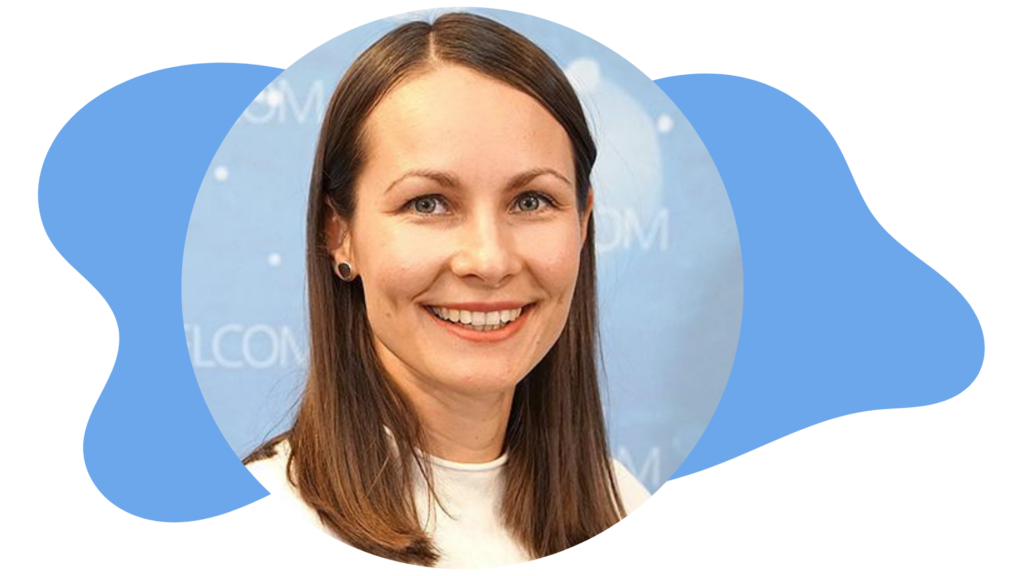
Jasmina Uusitalo
Project Coordinator for HELCOM
Lena Avellan
Professional Secretary at HELCOM
Petra Kääriä
Associate Professional Secretary at HELCOM
BBF
The Bulgarian Biodiversity Foundation – Bulgaria
A national NGO with over 25 years of experience in nature conservation.
BBF works for the conservation and restoration of important ecosystems in Bulgaria, supports the participation of citizens and local communities in managing natural resources and protected areas, and raises public awareness of biodiversity and nature protection.
BBF joins the BLUE CONNECT project as the leader of one of the Black Sea Demo Sites – Burgas Bay, Bulgaria. Here, BBF will work to define science-based conservation objectives and the necessary conservation measures, taking into account the impacts of climate change, to improve the connectivity of the area and to increase community engagement. The team will participate in all WPs.
PEOPLE

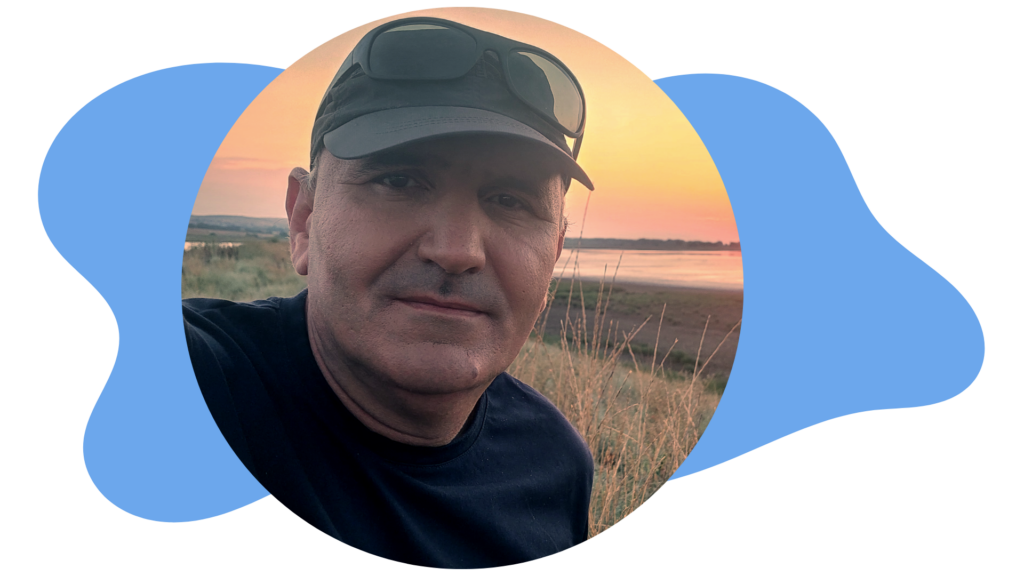
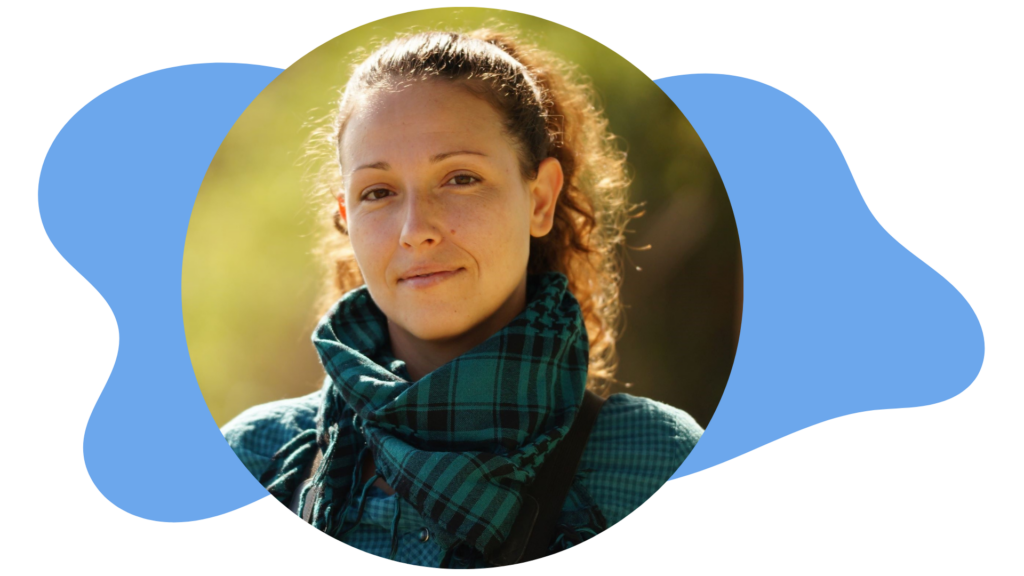
Diyana Kostovska
Project Lead for BBF
Spas Uzunov
WP 2, 3 and 5 in Demo Site
Diana Pavlova
WP 4 and 7 in Demo Site
FMB
Fundação Maio Biodiversidade – Cabo Verde
Fundação Maio Biodiversidade (FMB) stands as a distinguished non-governmental, non-profit organization, officially recognized as a public-interest entity and recently awarded with an honourable mention from the President of the Republic of Cabo Verde. We operate as an environmental conservation NGO, unwavering in our commitment to sustainable development and fostering strong partnerships with local authorities and the Maio community for the past 12 years. FMB aims to promote the protection of biodiversity and the social progress of Maio island through conservation actions and the empowerment and economic sustainability of local communities. FMB’s main objectives are: i) the conservation, enhancement, and responsible management of natural resources and biodiversity, particularly on the protected areas (marine and terrestrial); ii) the promotion of sustainable development that respects the historical and cultural heritage of the island of Maio; and, iii) the promotion of economic alternatives that respect the environment and benefit the most disadvantaged communities and vulnerable groups, with particular focus on women and young people.
PEOPLE
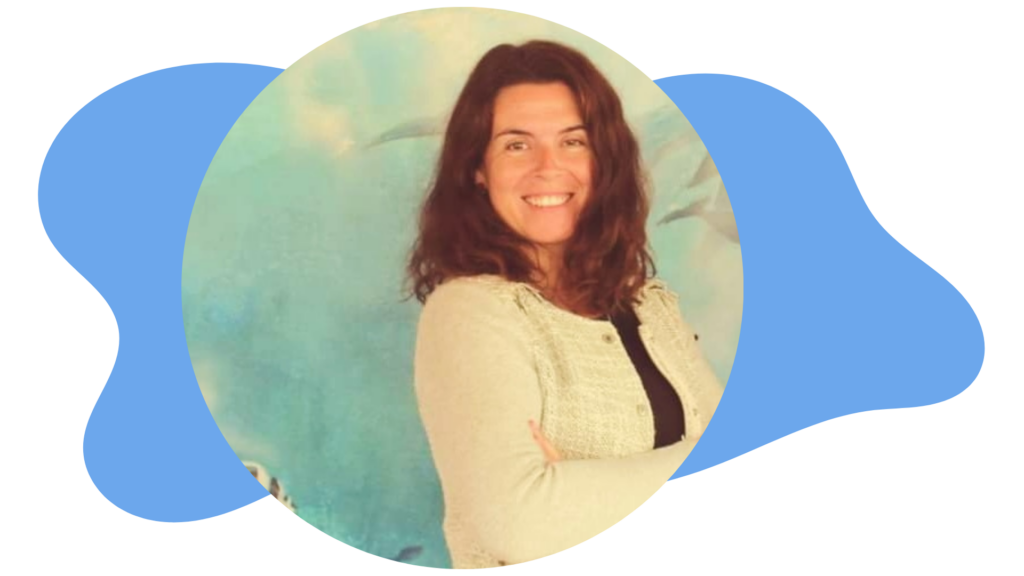
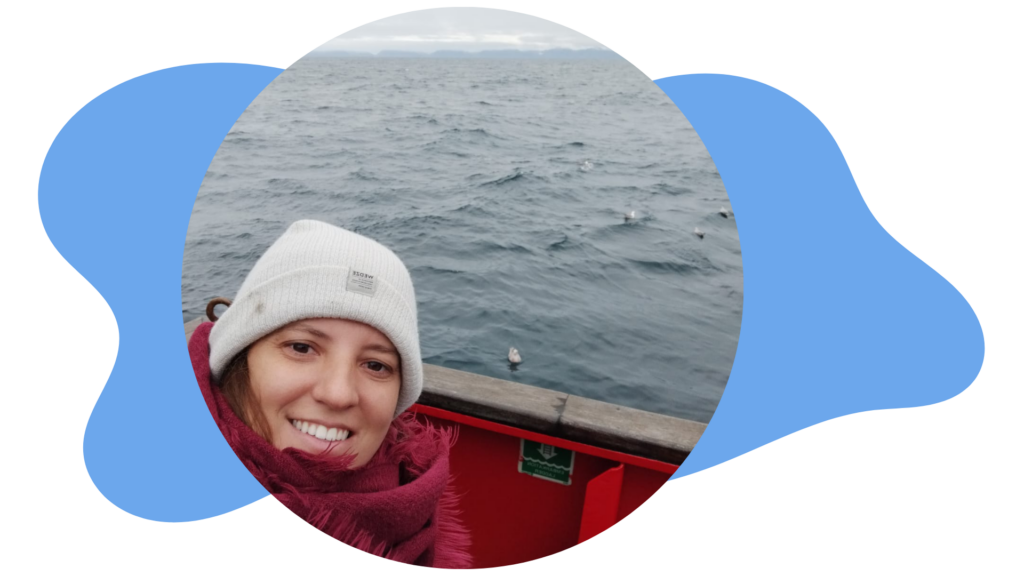
Raquel Amador
Project Coordinator for FMB
Thais Macedo
Project Lead for FMB
BHTC
Federal Public Service, Health, Food Chain Safety and Environment – Belgium
The Federal Public Service Health, Food Chain Safety and Environment builds towards a transparent innovative scientifically and sustainable policy framework that guarantees public health, a safe food chain and a vibrant environment. The Marine Environment Service is the policy unit responsible for the Belgian part of the North Sea. Its main activities include implementation and execution of national, European and international marine and maritime laws and directives, delivering permits for sea-based activities and development of the marine spatial plan. The Marine Environment Service policy aims for a clean, healthy, safe and productive North Sea with a wealth of biodiversity. Sustainable use of scarce marine space and finding solutions to environmental problems are central to this. To achieve this, we work together with various federal and Flemish government departments, other countries, scientific institutions, environmental organizations, stakeholders and all actors at sea.
As an associated partner, the Federal Government in Belgium supports efforts on piloting active restoration methods to
be applied in Belgian Natura2000 sites and the existing efforts in restoration
of historically significant gravel beds within the context of an MPA.
PEOPLE
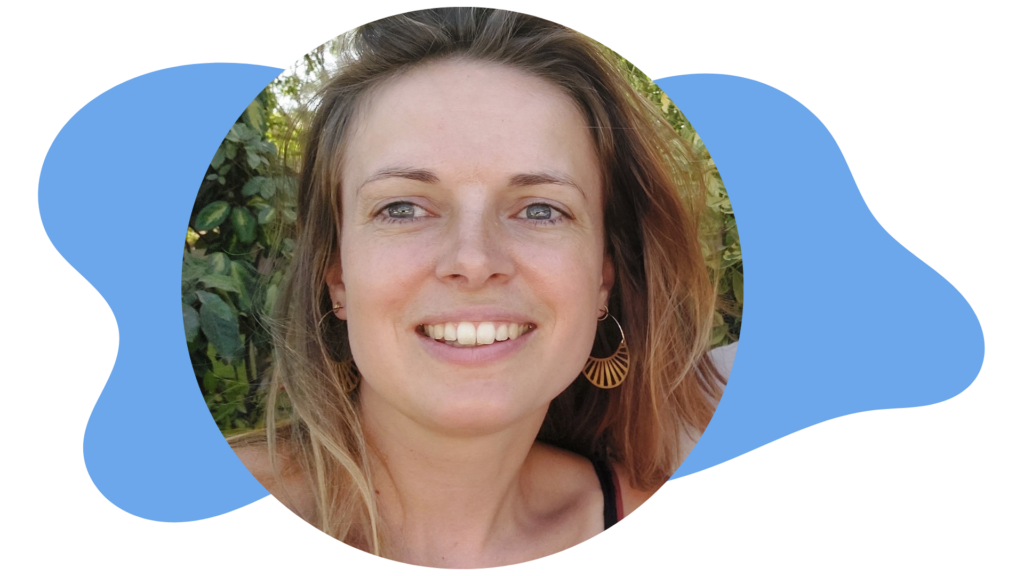
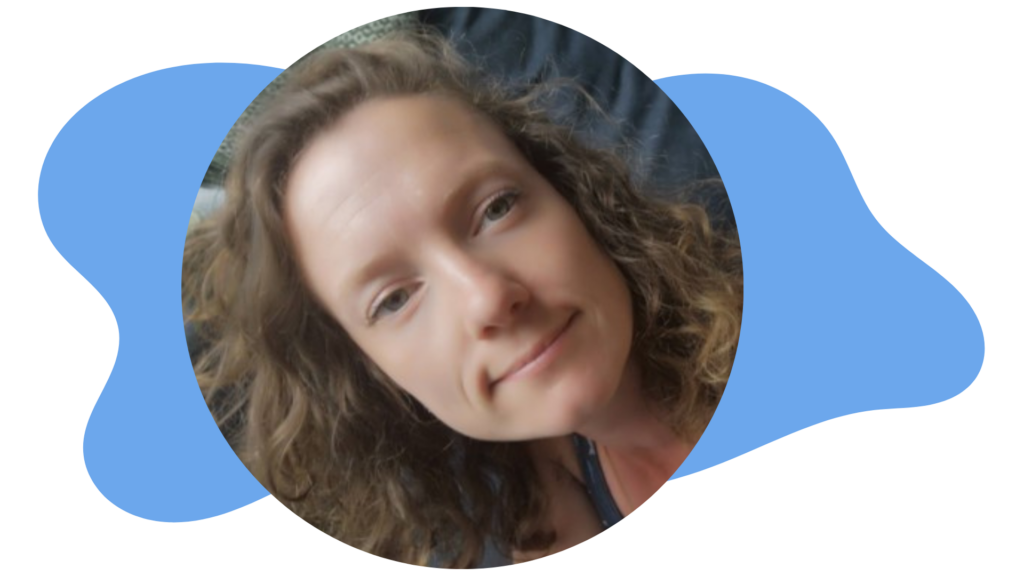
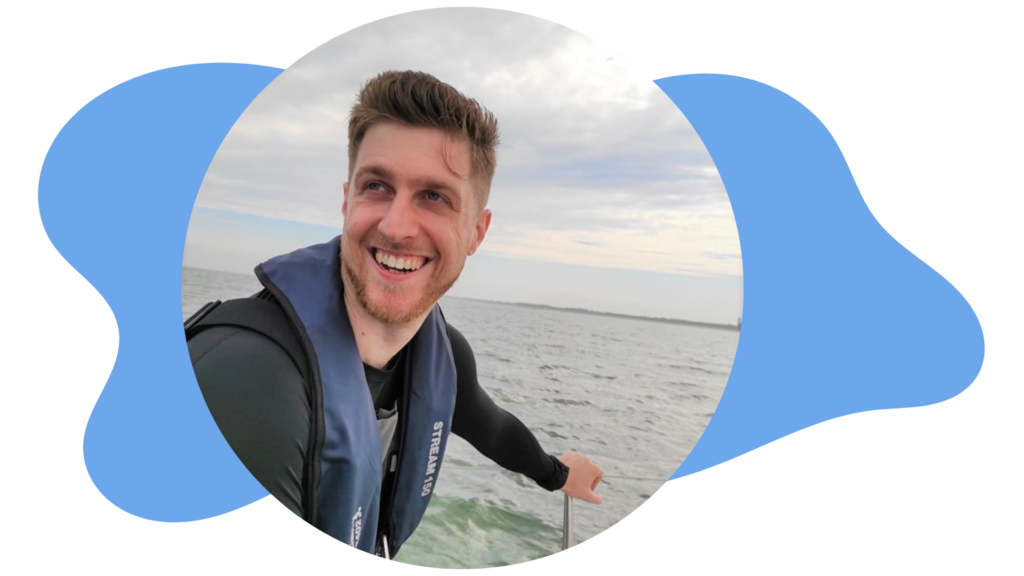
Yana Deschutter
Assigning and enforcing the demo site
Merel Oeyen
Assigning and enforcing the demo site
Senne Aertbeliën
Assigning and enforcing the demo site
MITERD
Ministry for Ecological Transition and Demographic Challenge – Spain
The Ministry for Ecological Transition and Demographic Challenge in Spain manages and conserves state-designated Marine Protected Areas (MPAs) and coordinates the Spanish Network of Marine Protected Areas. Its responsibilities include proposing suitable marine areas within this network for inclusion in international networks that meet respective protection standards. The Ministry also designates and manages Special Areas of Conservation and Special Protection Areas for Birds in marine environments, as established under Law 42/2007. In collaboration with coastal Autonomous Communities, it develops minimum criteria for the coordinated management of the Spanish MPA Network, approved by the Sectoral Environmental Conference, as well as the Network’s Master Plan. Additionally, the Ministry monitors and evaluates the Network and its guidelines, fostering cooperation tools to achieve shared objectives across Spain’s Marine Protected Areas Network.
The Spanish Ministry for Ecological Transition and Demographic Challenge (MITERD) will engage through the Spanish Cetacean Migration Corridor as a demonstration site to advance the BLUECONNECT Blueprint implementation. In collaboration with ETC-UMA, MITERD will work on developing tools and frameworks for effective planning and conservation management within this Marine Protected Area (MPA), positioning the Mediterranean Cetacean Migration Corridor as a key Demonstration Area under the Horizon BLUE CONNECT project.
WWF Adria
WWF Adria – Croatia
WWF Adria, part of the global WWF network, was founded in 2015 to promote sustainable management of water, forests, and protected areas, and to conserve marine, river, and wildlife resources across the Western Balkans. Active since the early 2000s through partner organizations, WWF Adria aims to protect species, habitats, and ecosystems, foster good governance, and ensure equitable natural resource use. Key goals include transforming business practices toward sustainability and empowering civil society for environmental stewardship. WWF Adria also connects local communities with protected areas, promotes sustainable tourism, advocates for eco-friendly hydropower, and supports sustainable seafood. Working in Albania, Bosnia and Herzegovina, Croatia, Kosovo, Montenegro, North Macedonia, Slovenia, and Serbia, WWF Adria focuses on inspiring change for long-term conservation in the region. In Blue Connect, WWF Adria is an associated partner.
PEOPLE
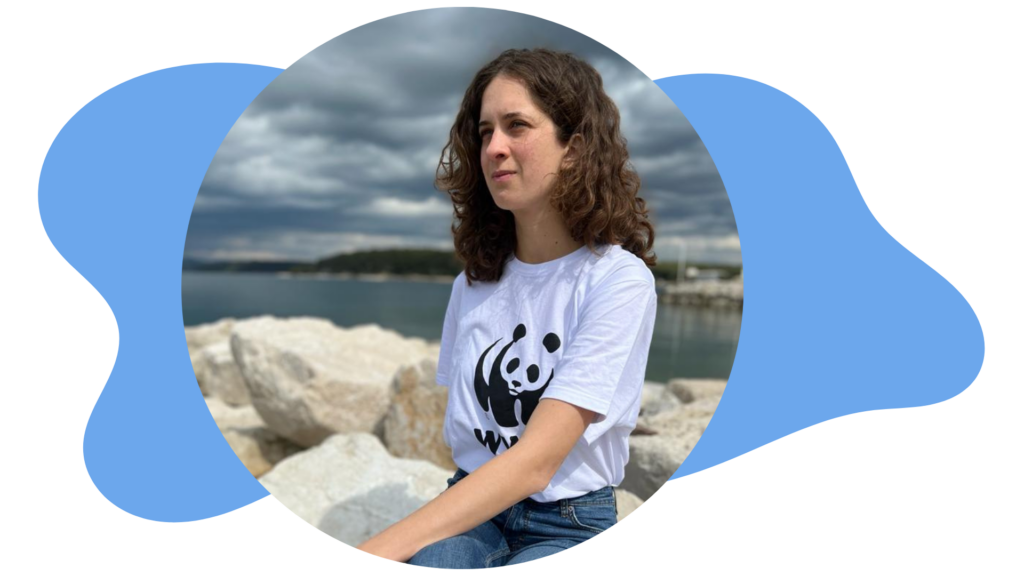
Kora Dvorski
Main contact
UHI Shetland
UHI Shetland – Scotland
UHI Shetland is the most northerly academic partner of the University of Highlands and Islands. We specialise in place based research, engaging people, communities and wider society in decision making.
UHI is Shetland pilot lead and is contributing across all WPs.
PEOPLE
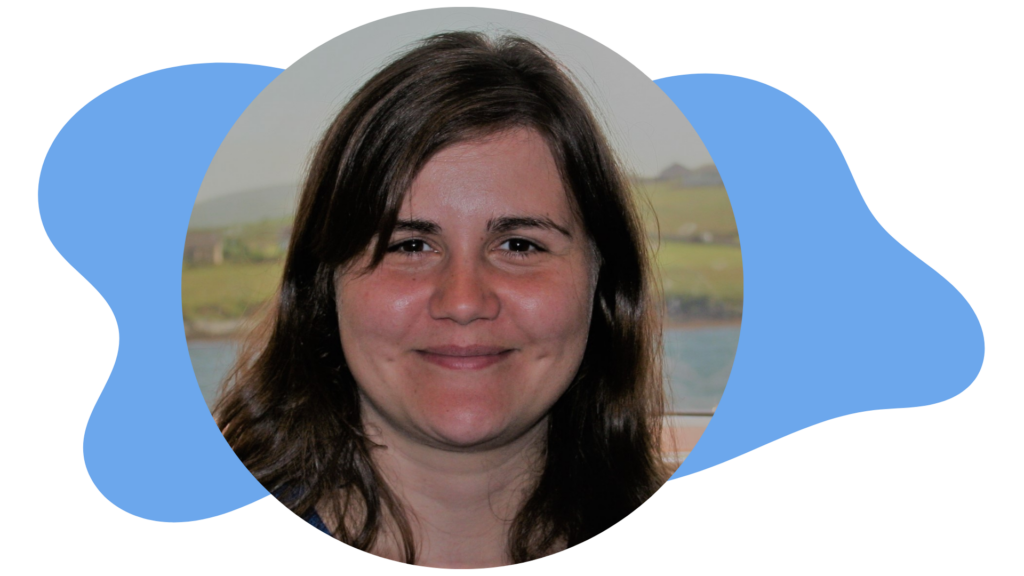
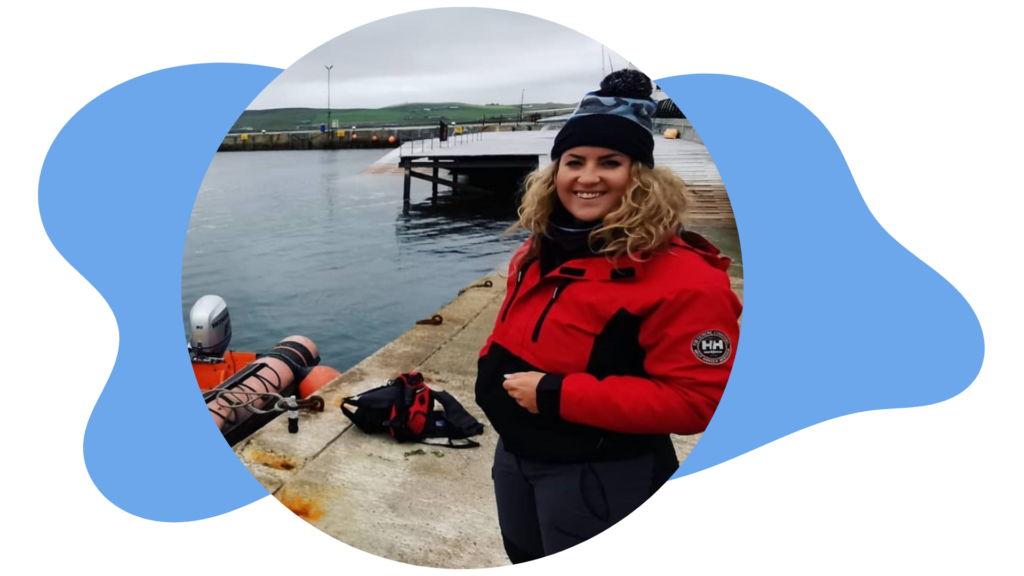
Rachel Shucksmith
WP3 and Task lead 3.3, WP 5 and task lead 5.3
Emily Hague
Shetland Case study lead, and involved in WP 3 and 5

